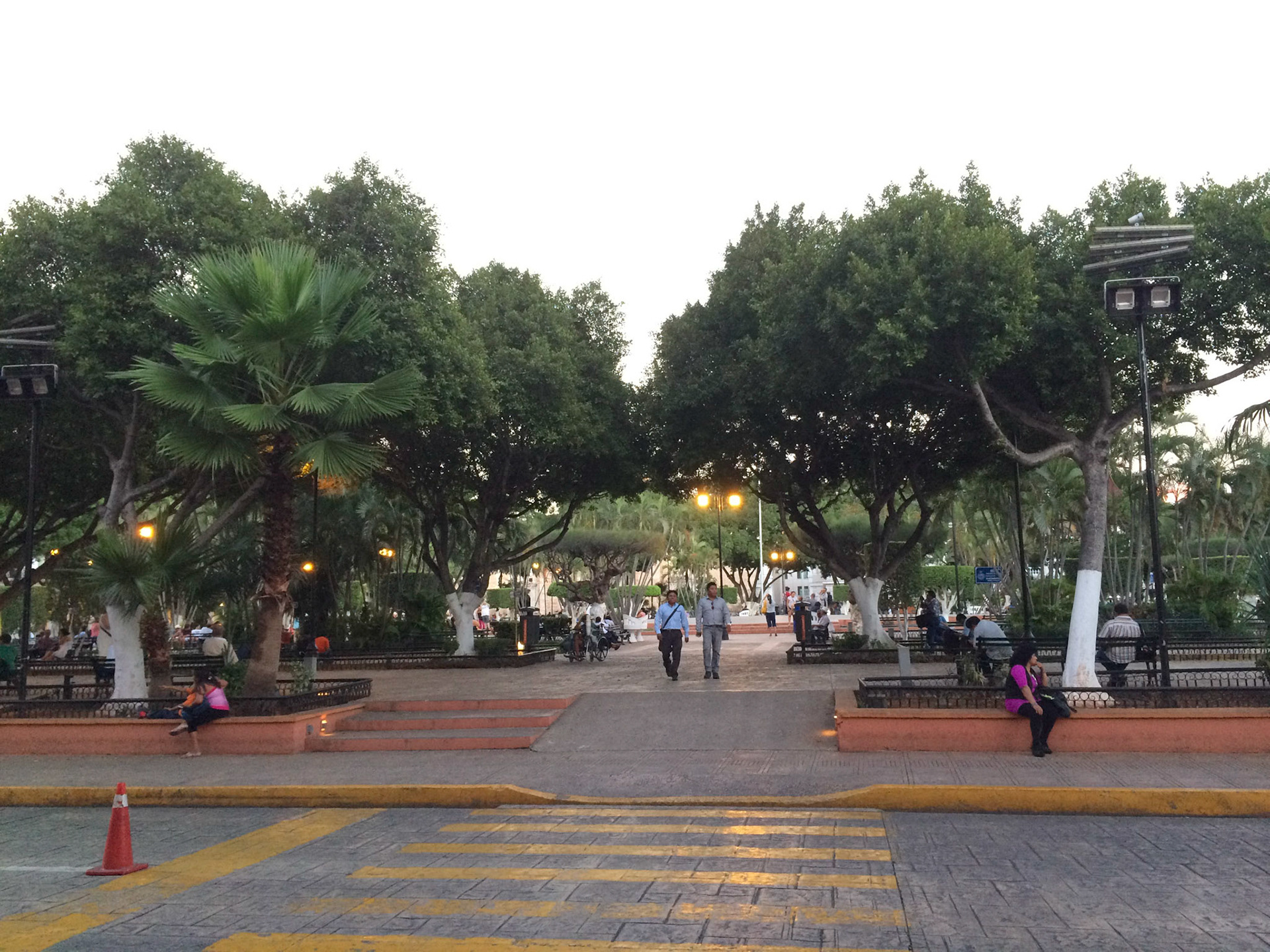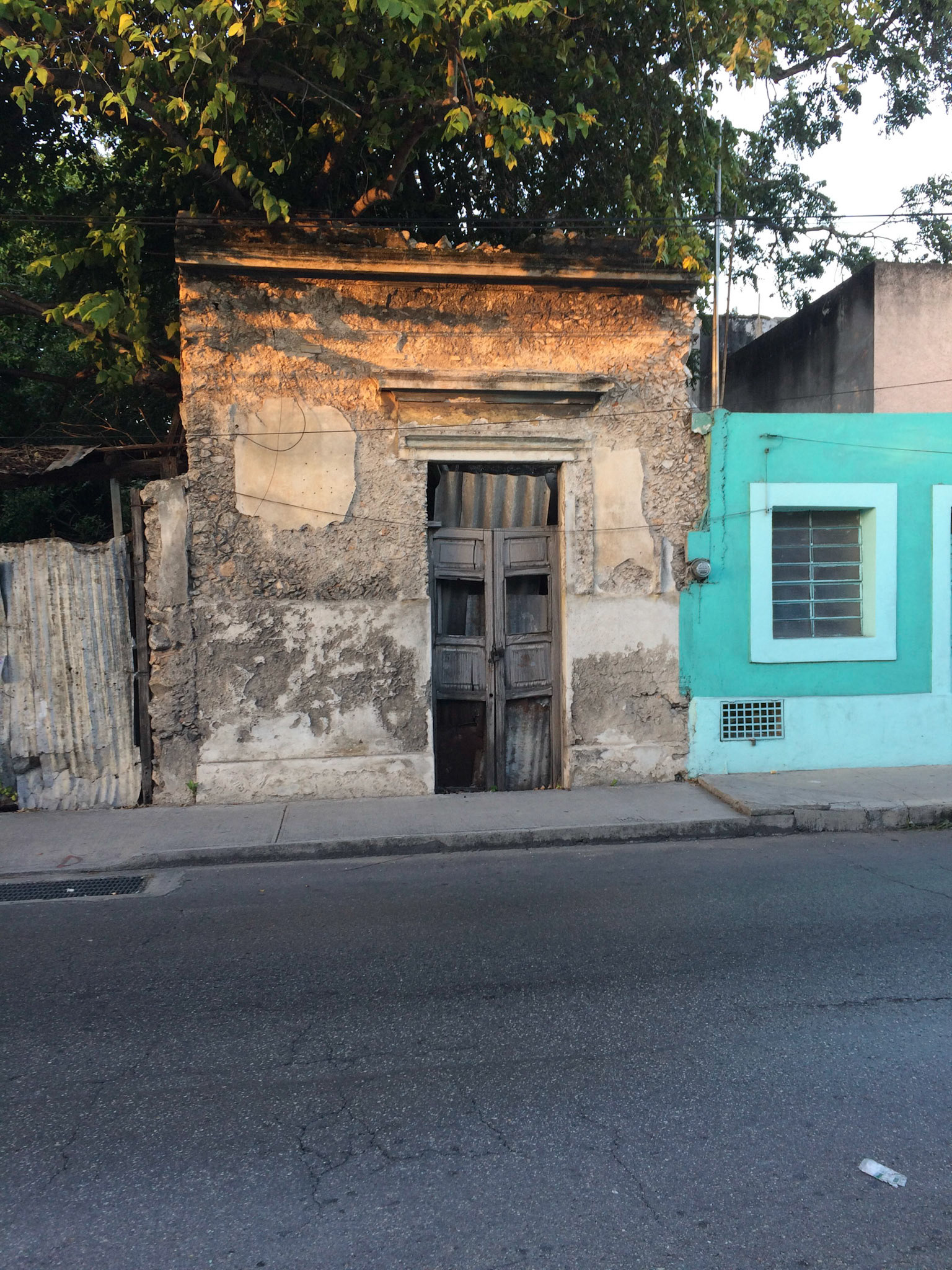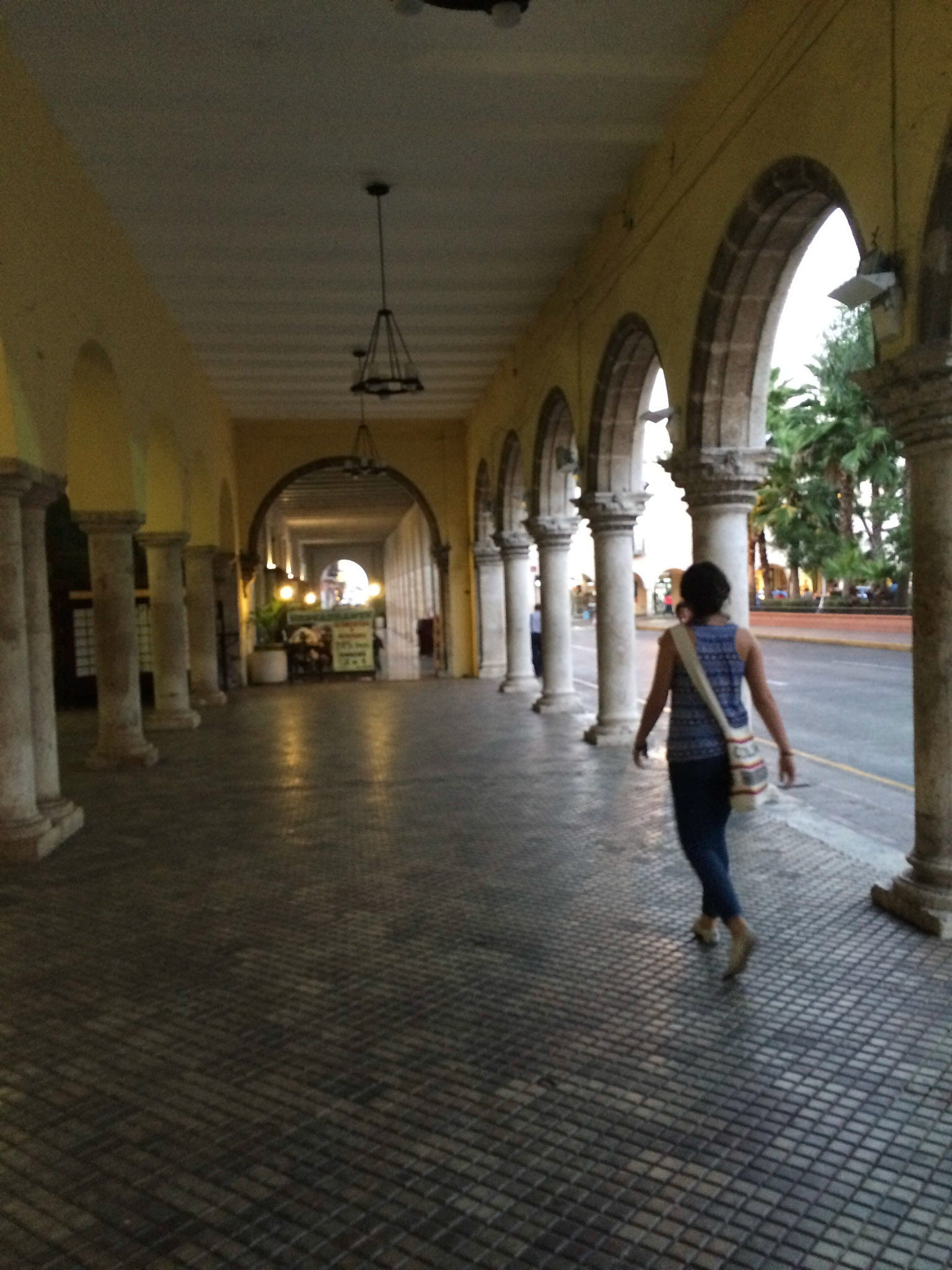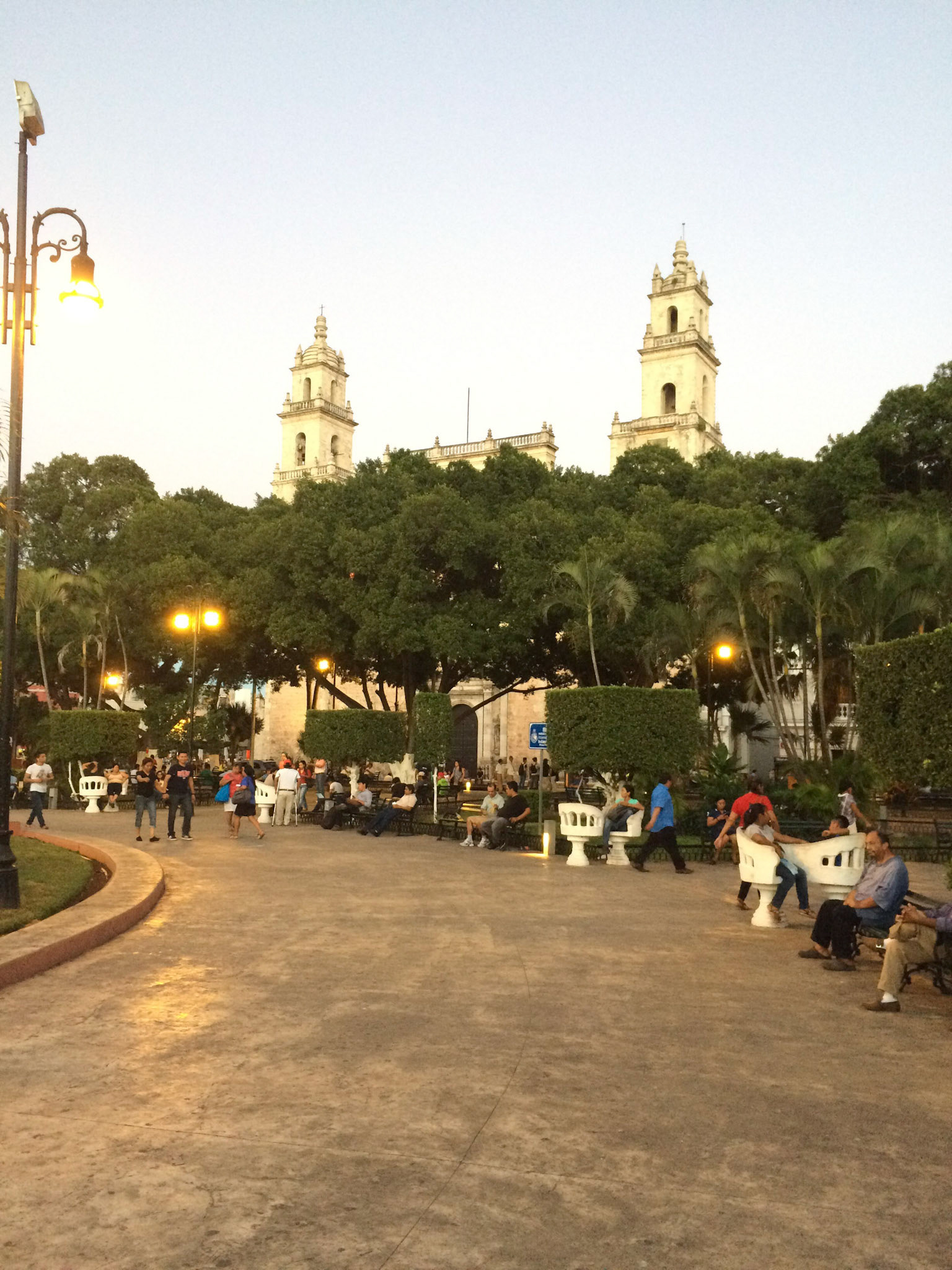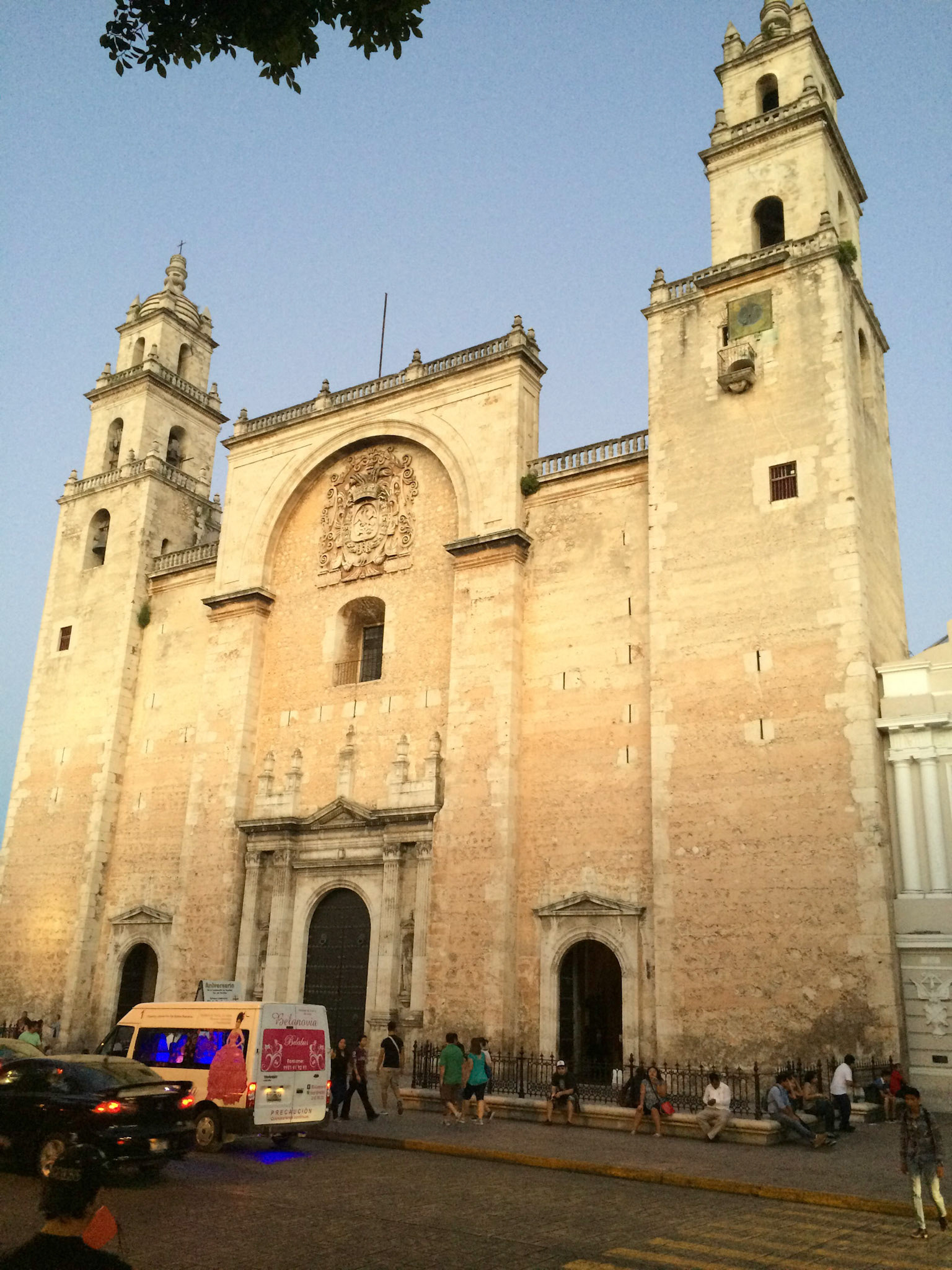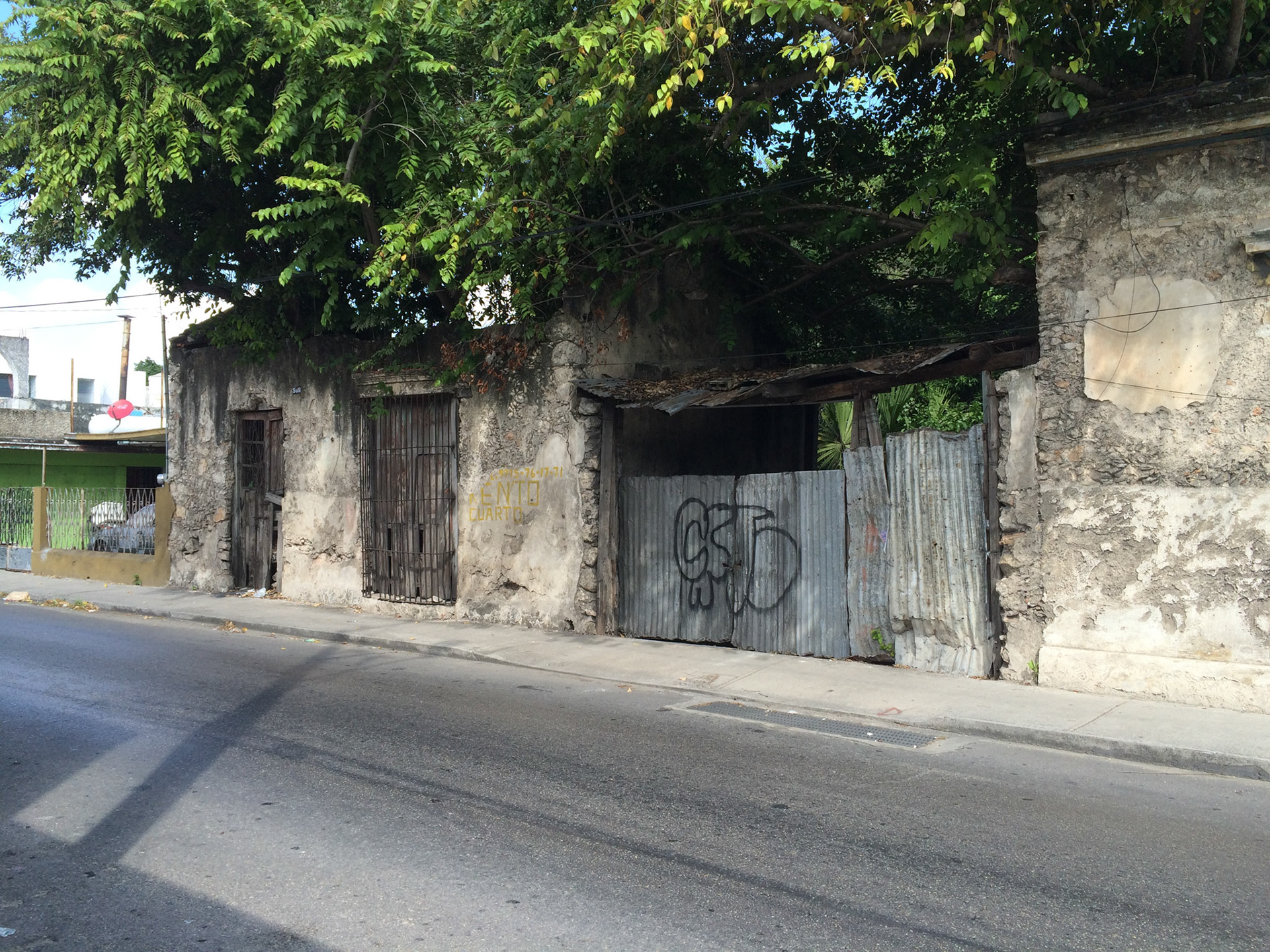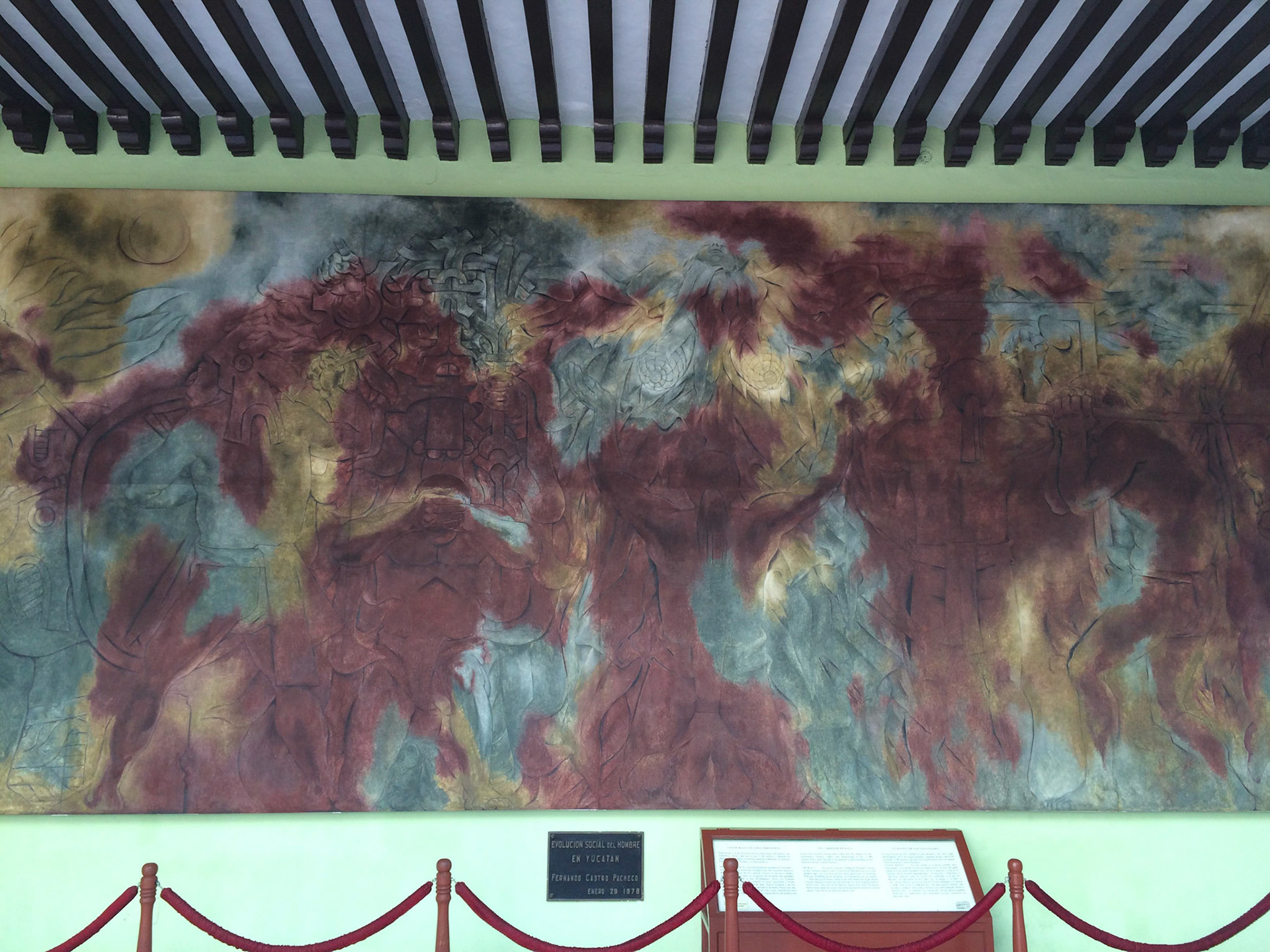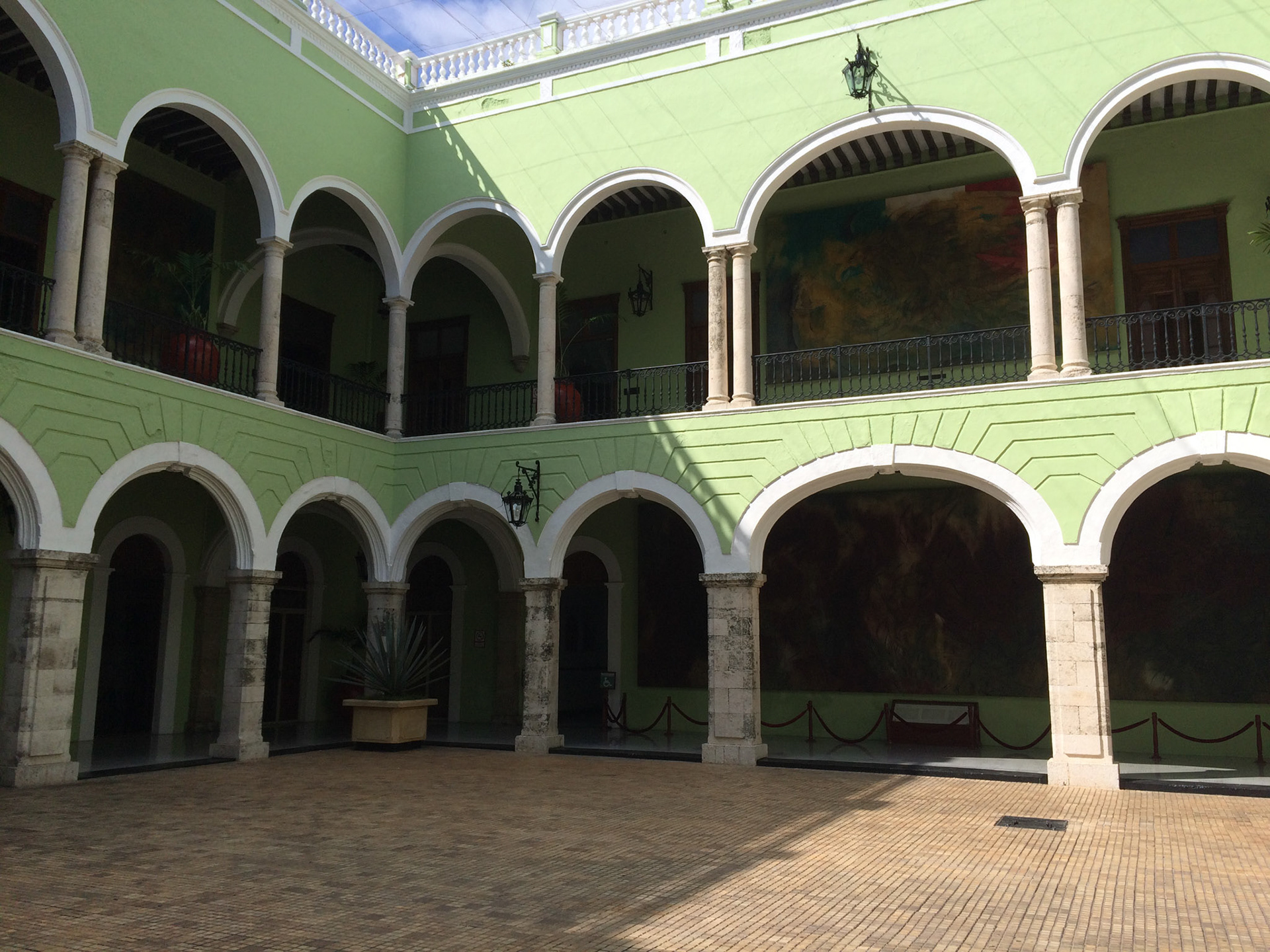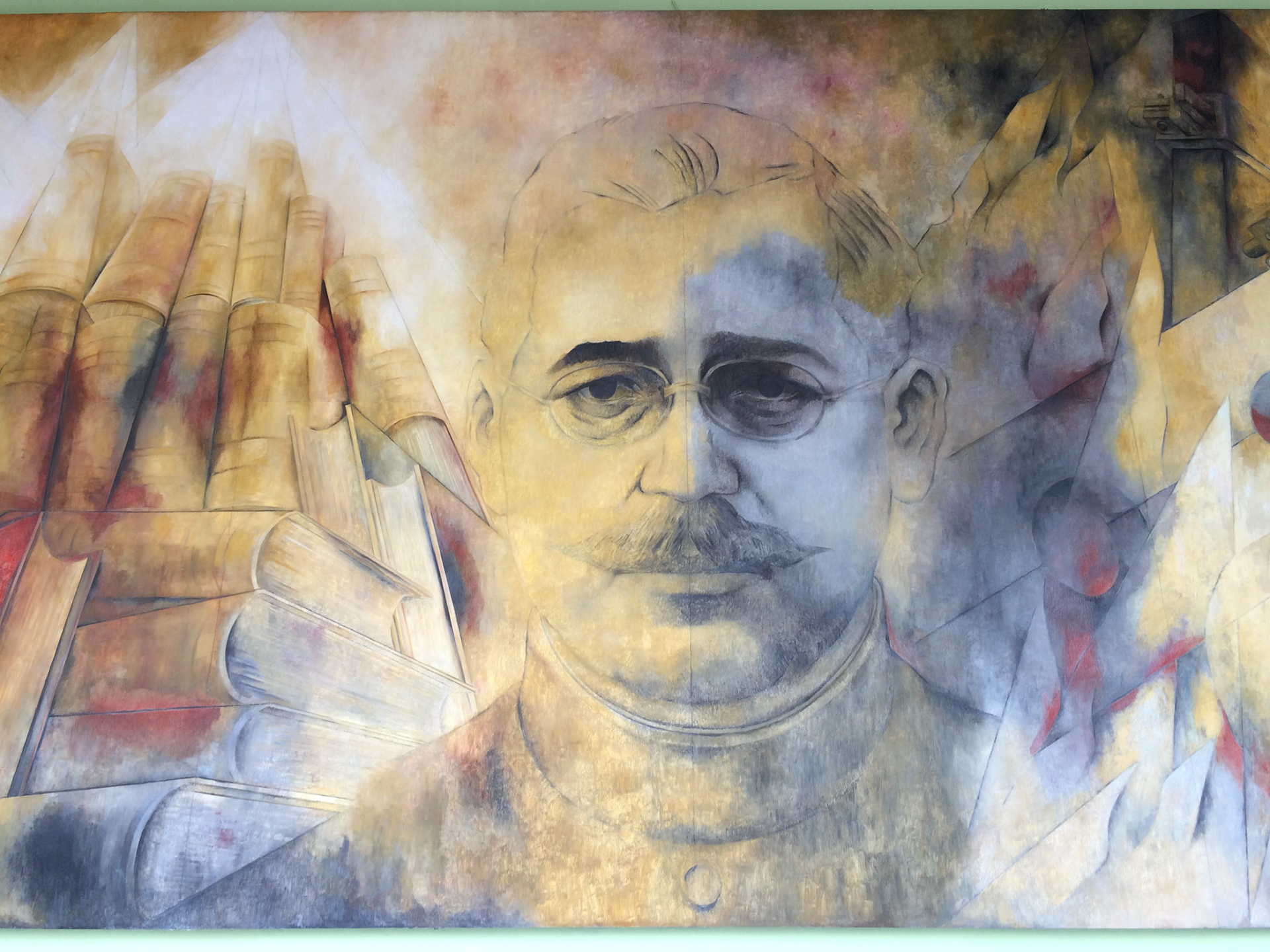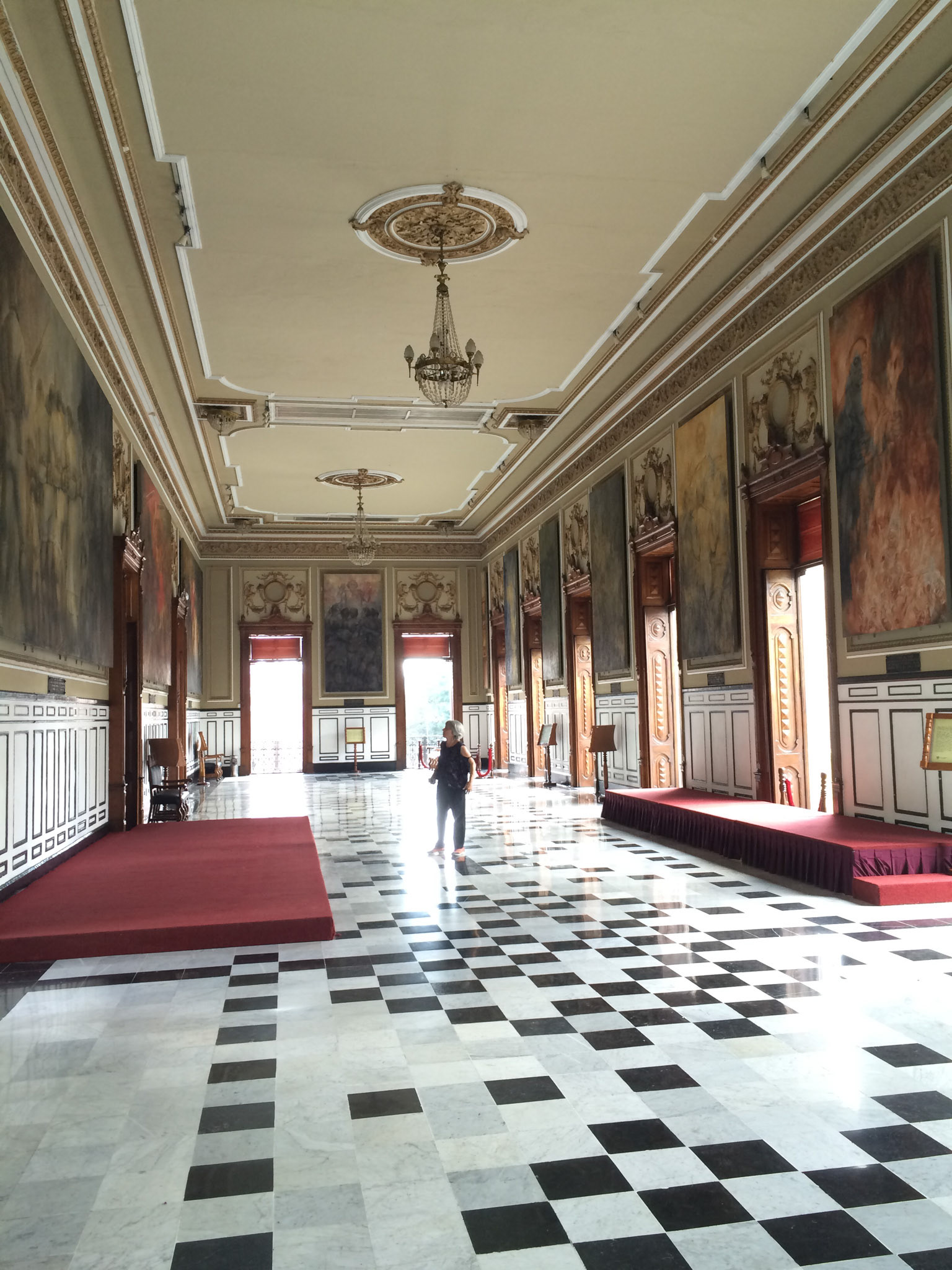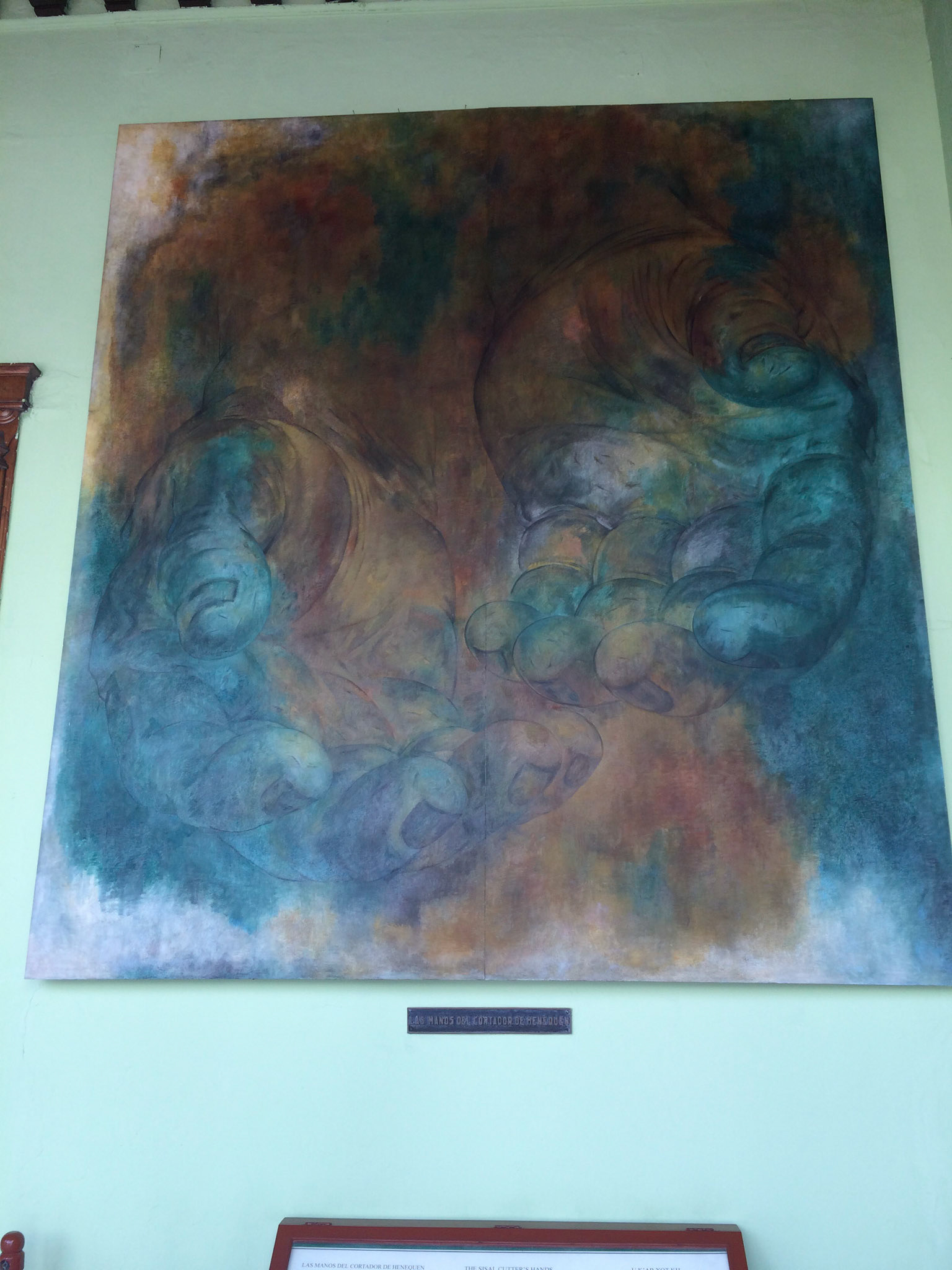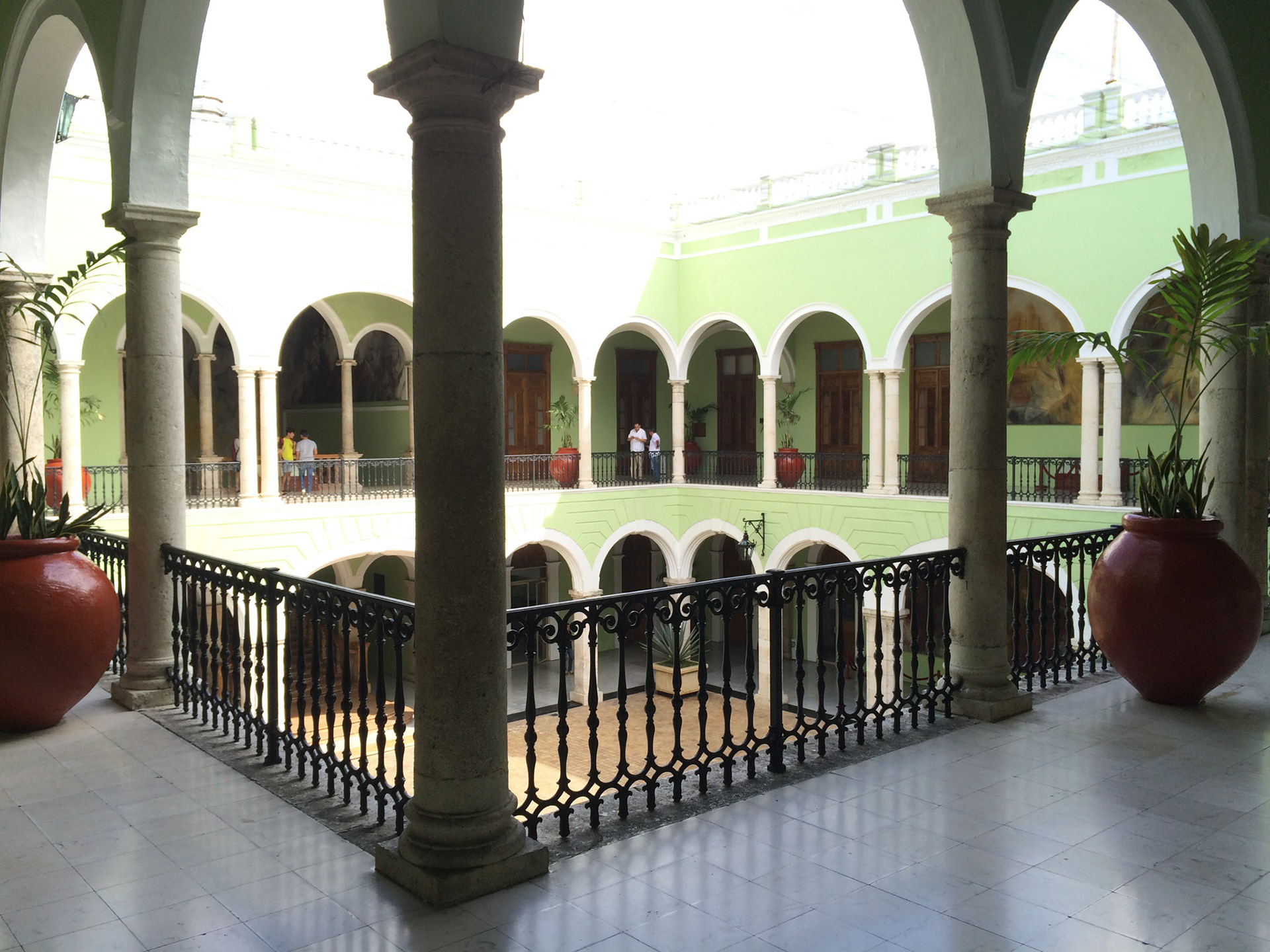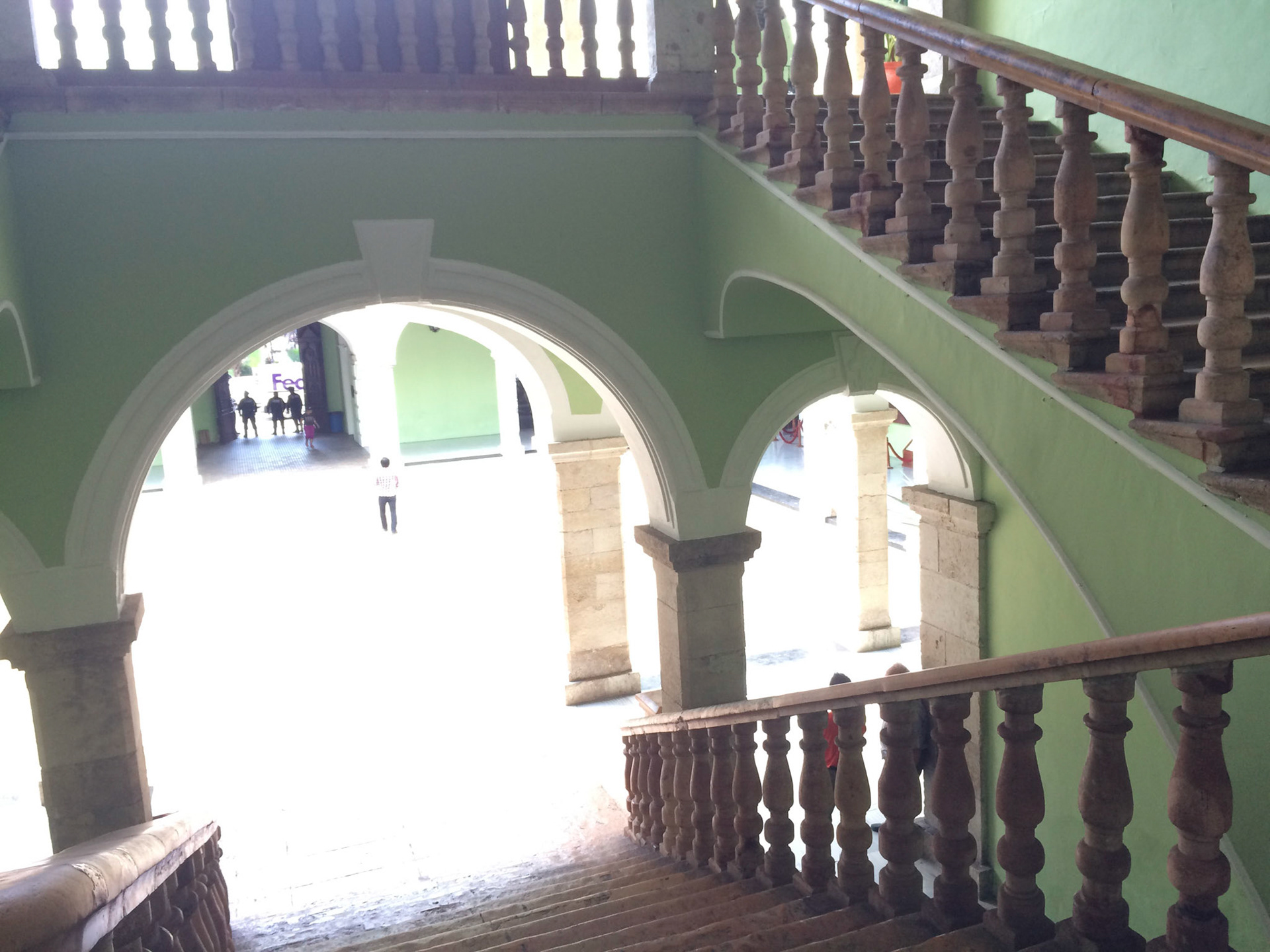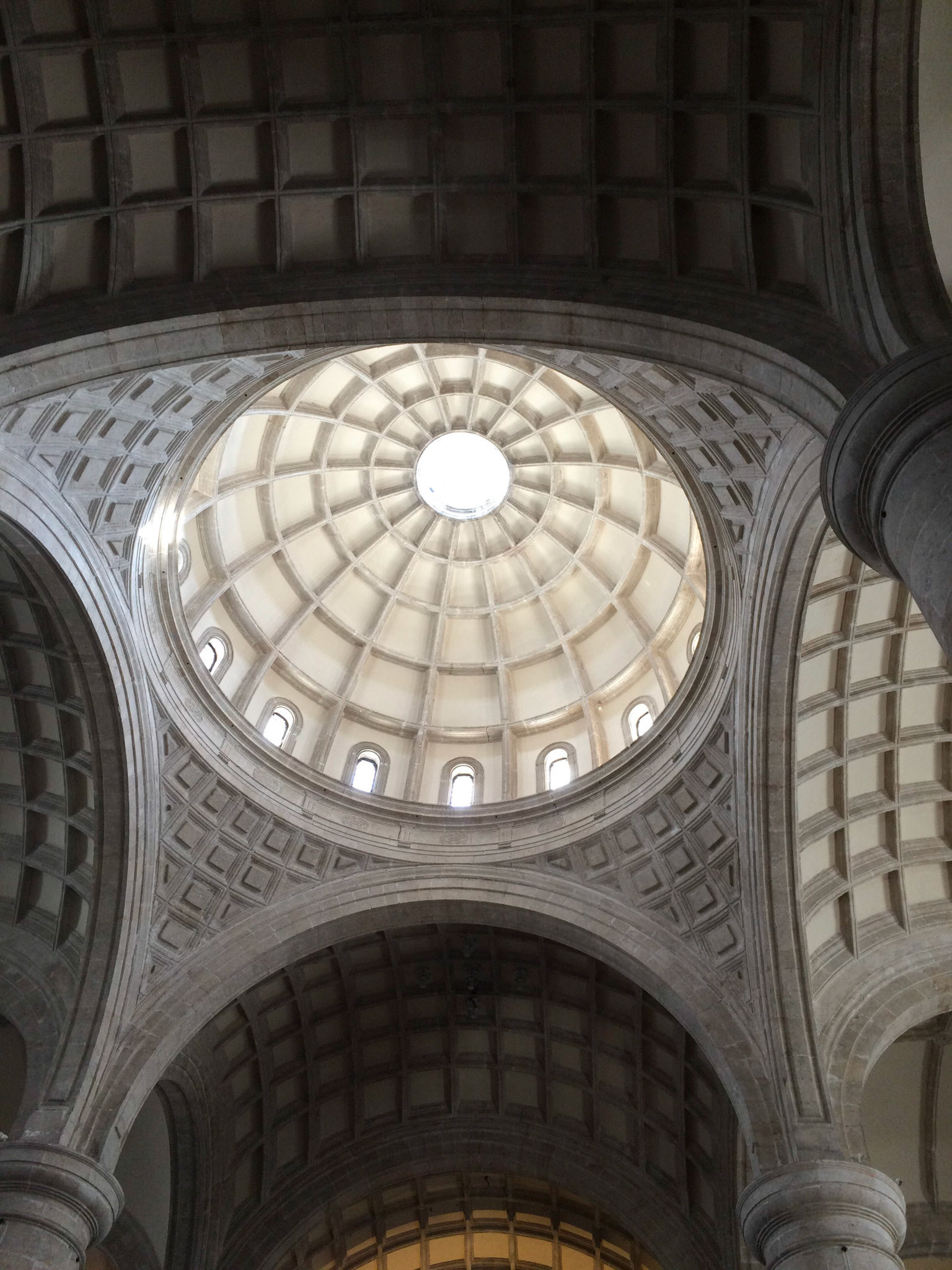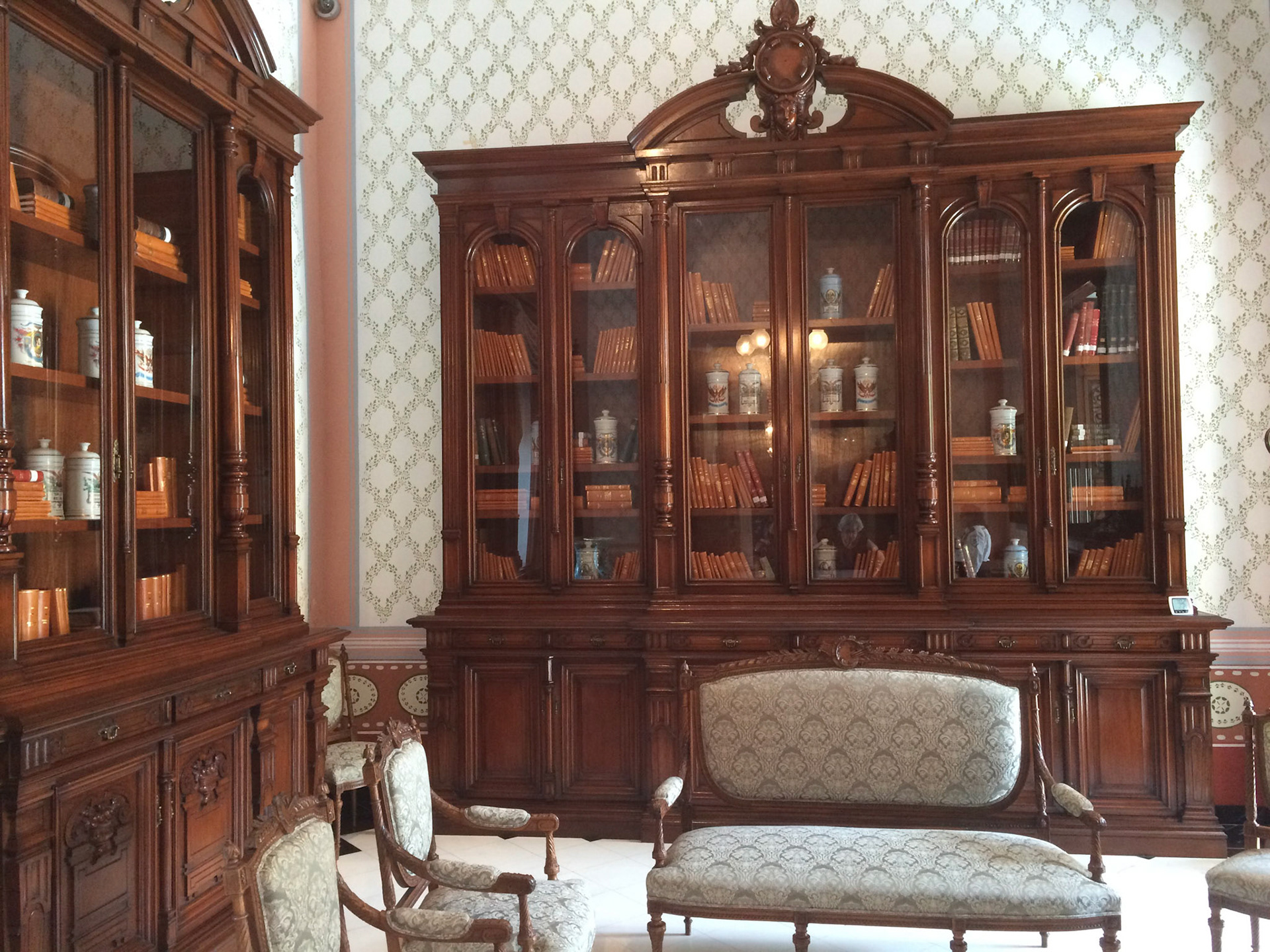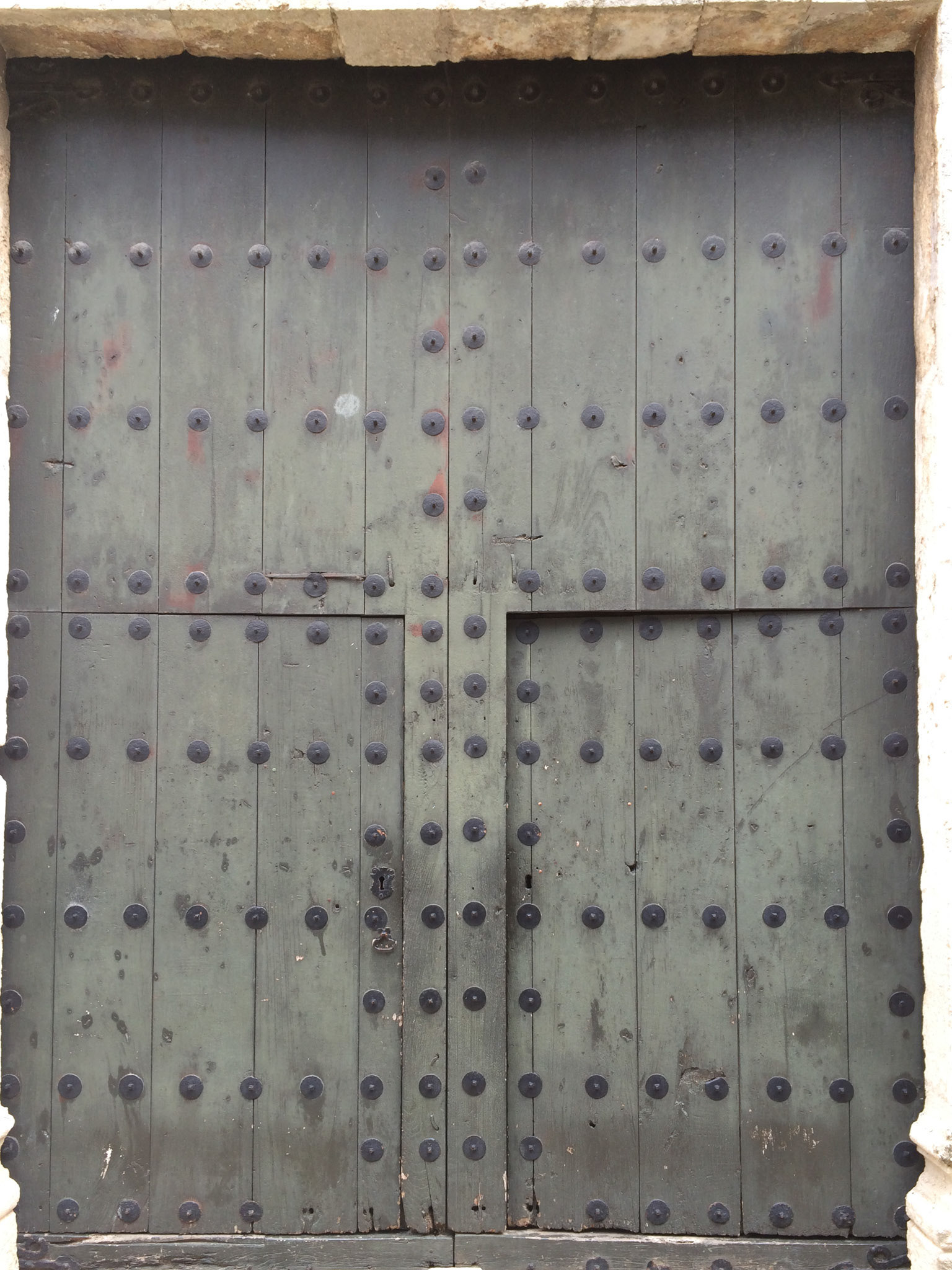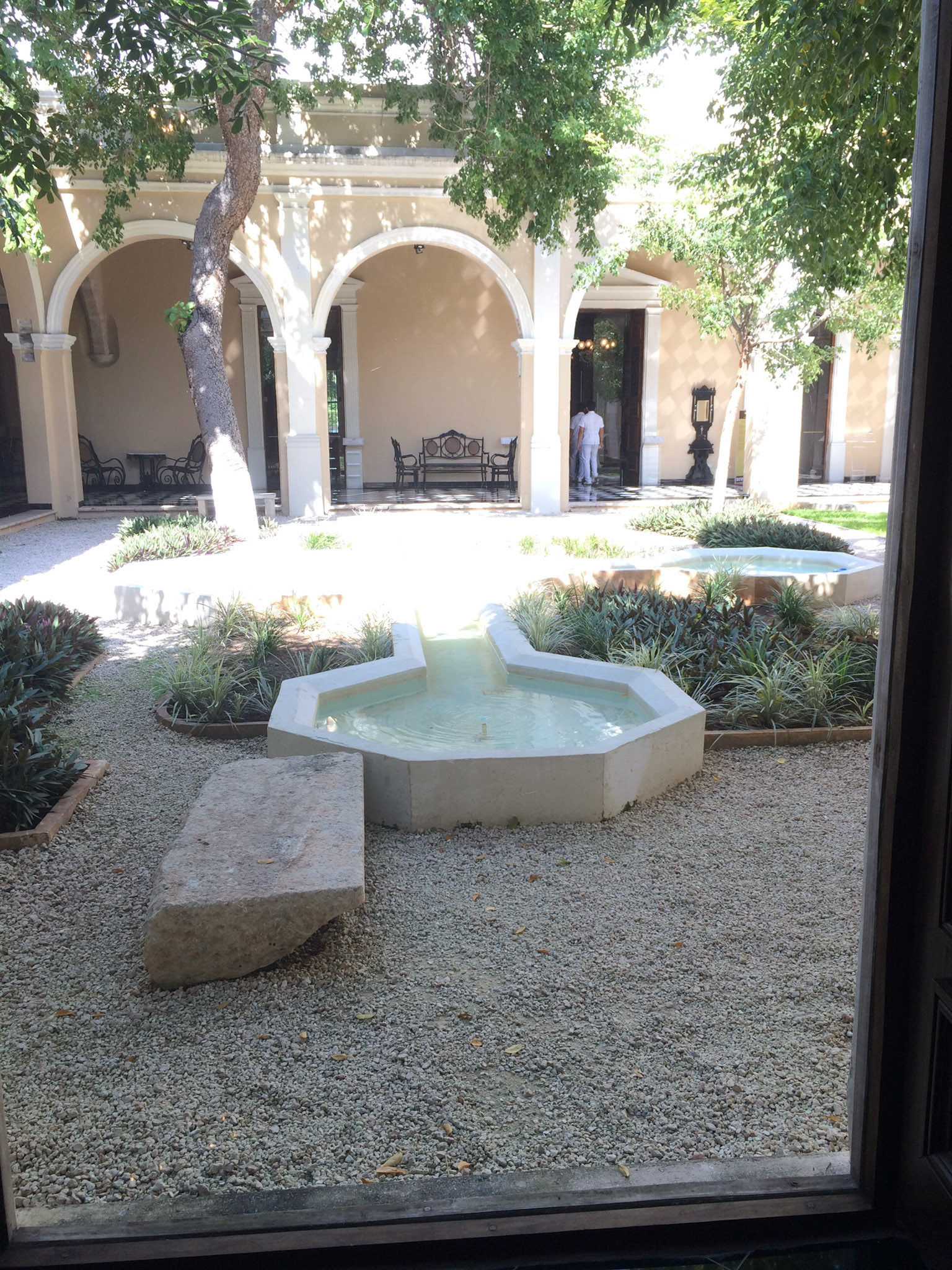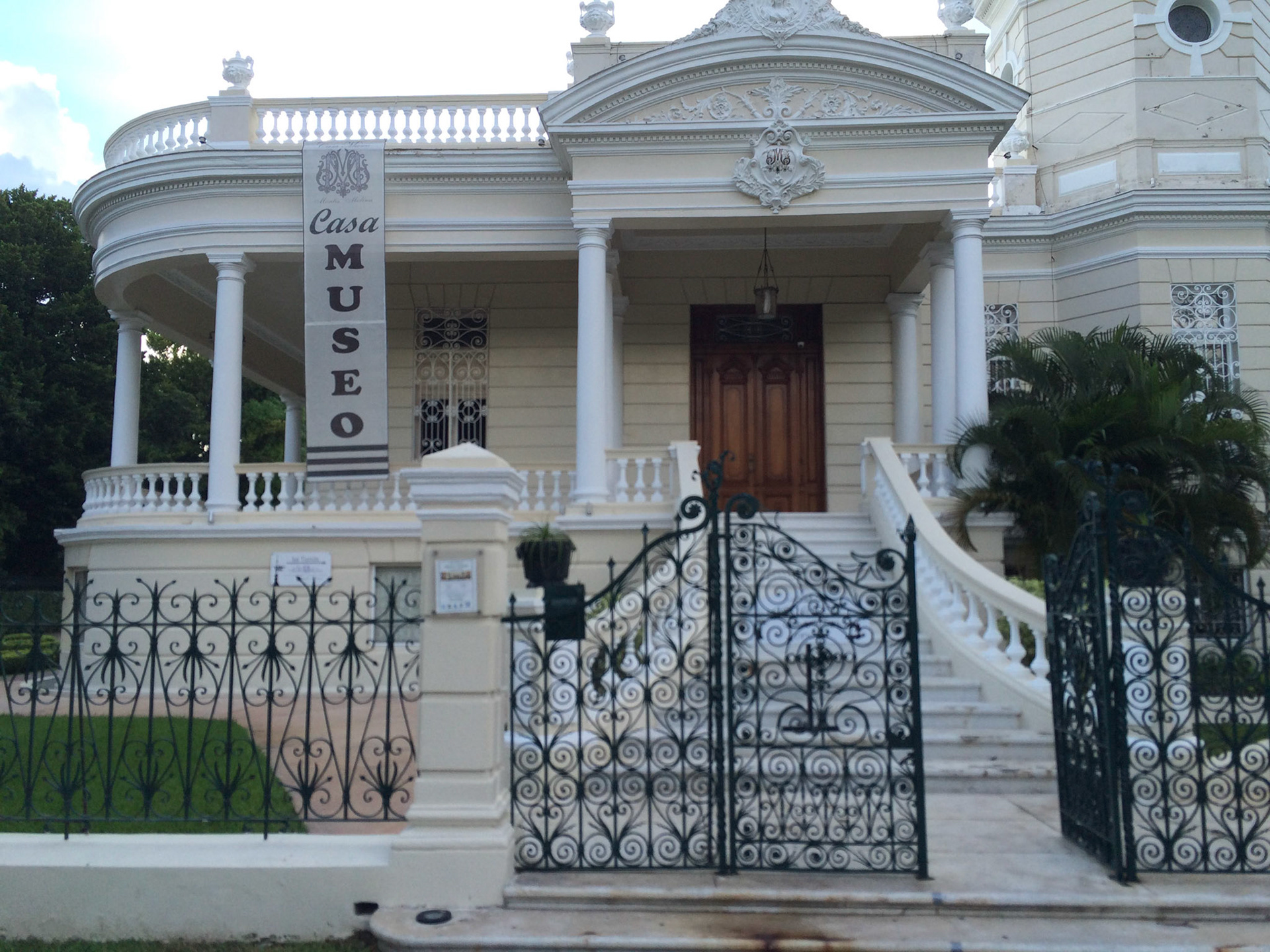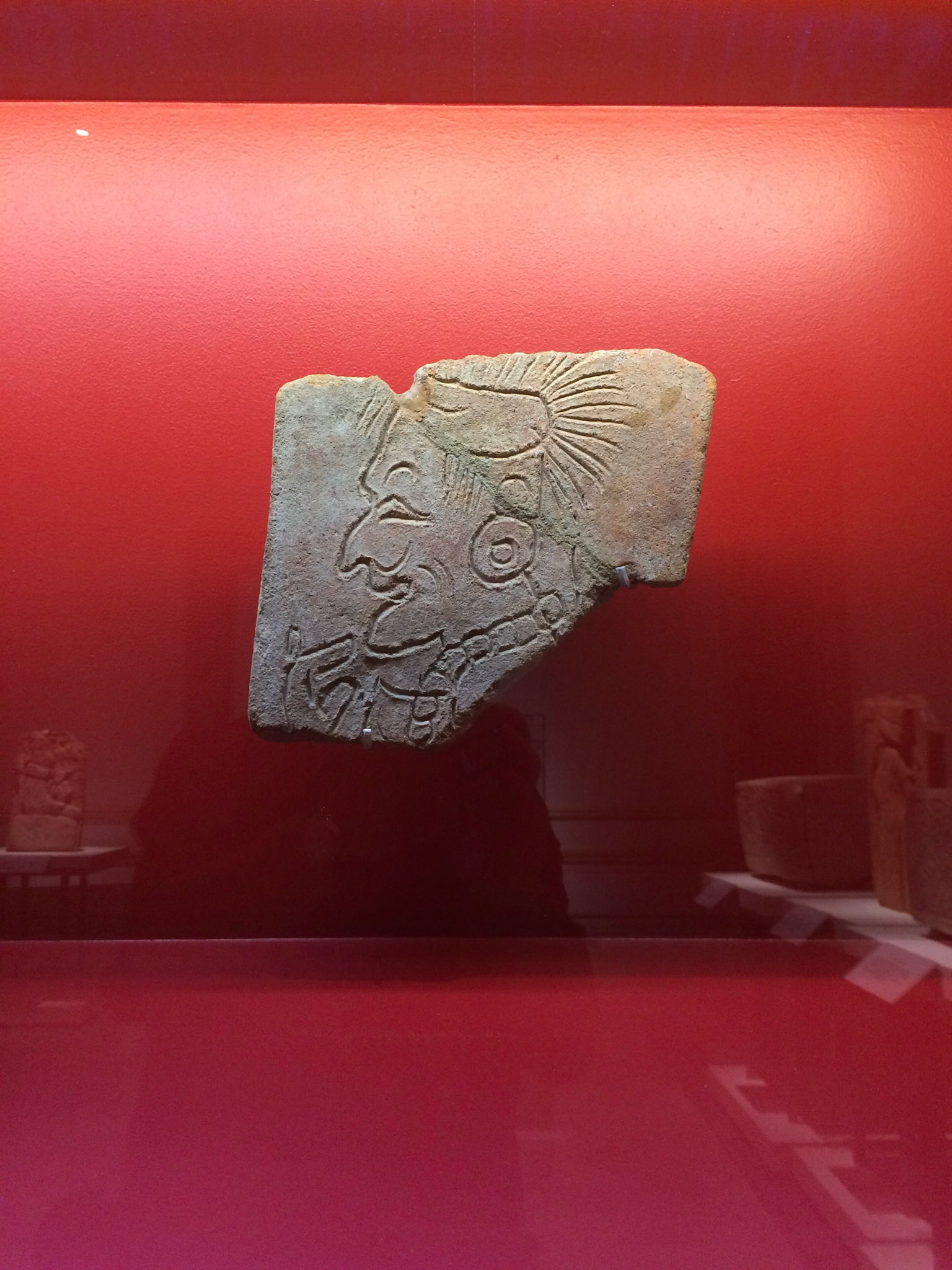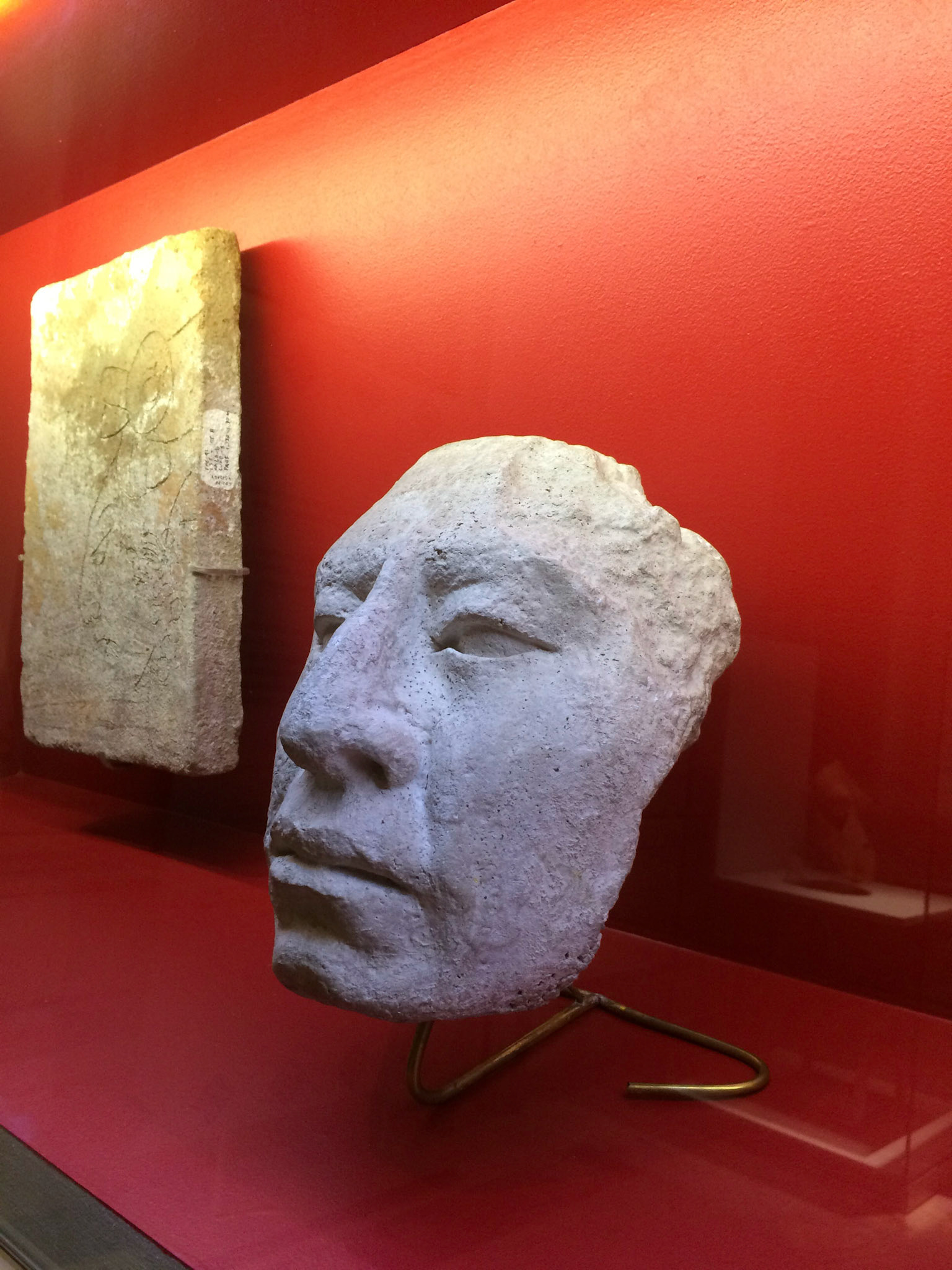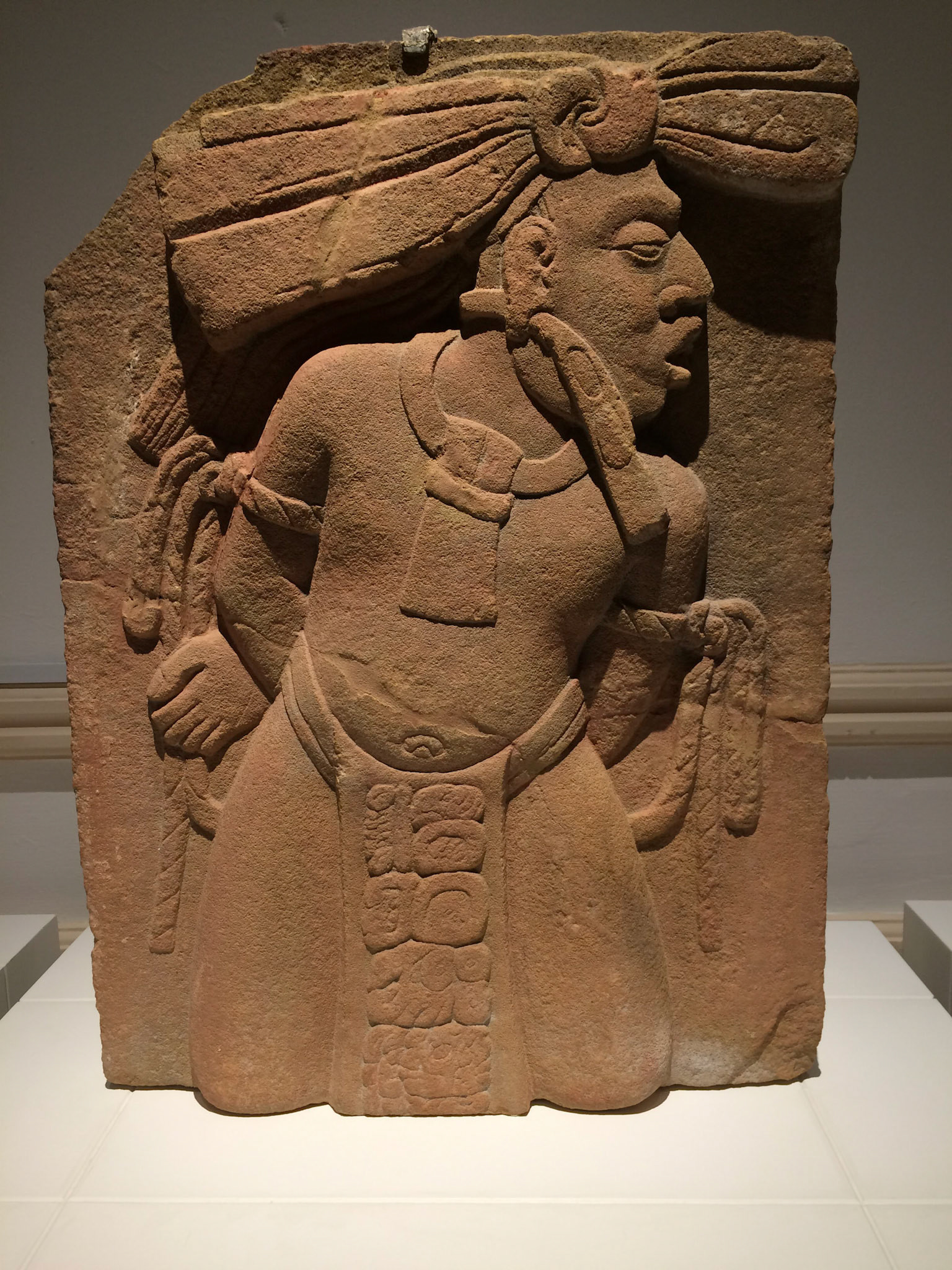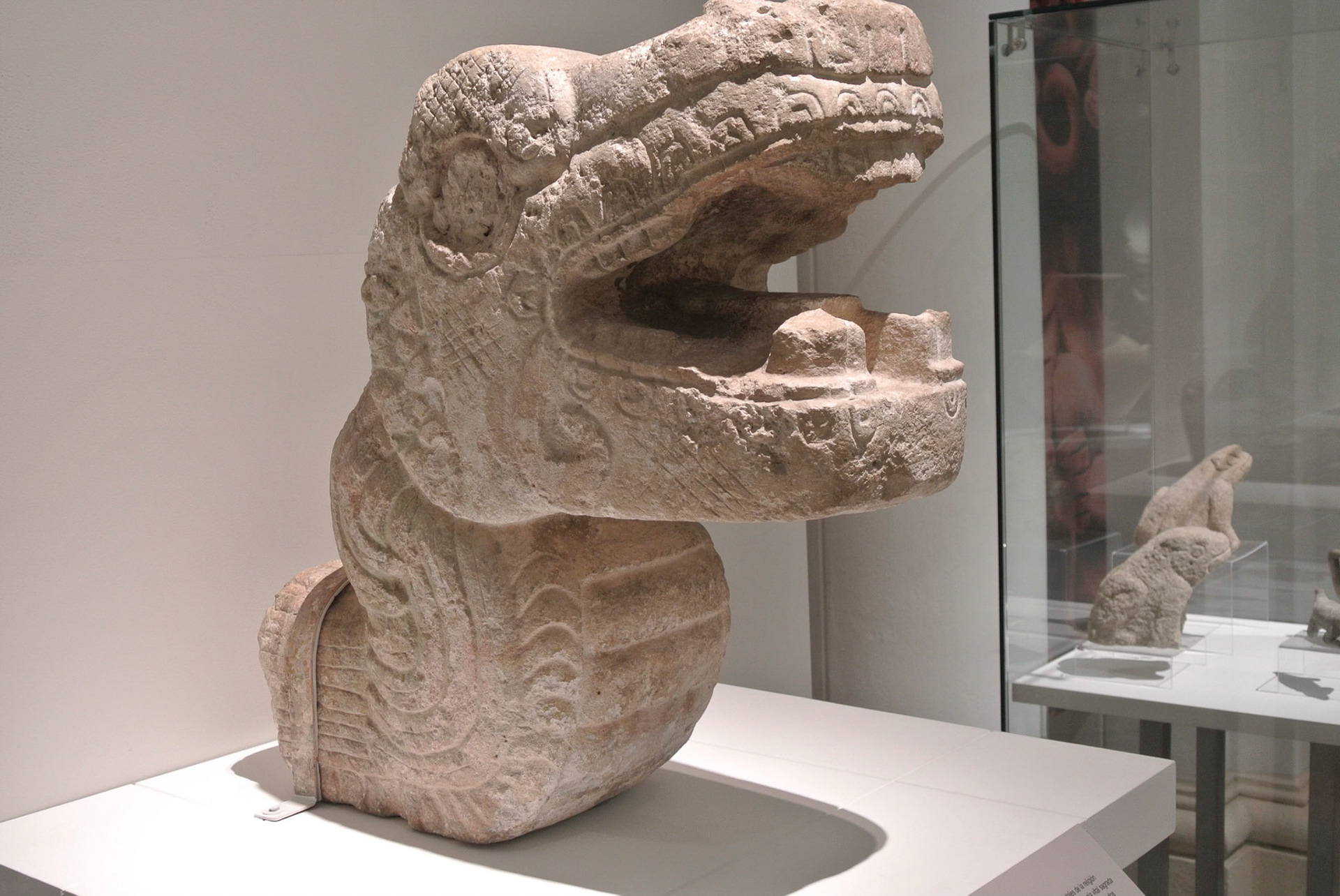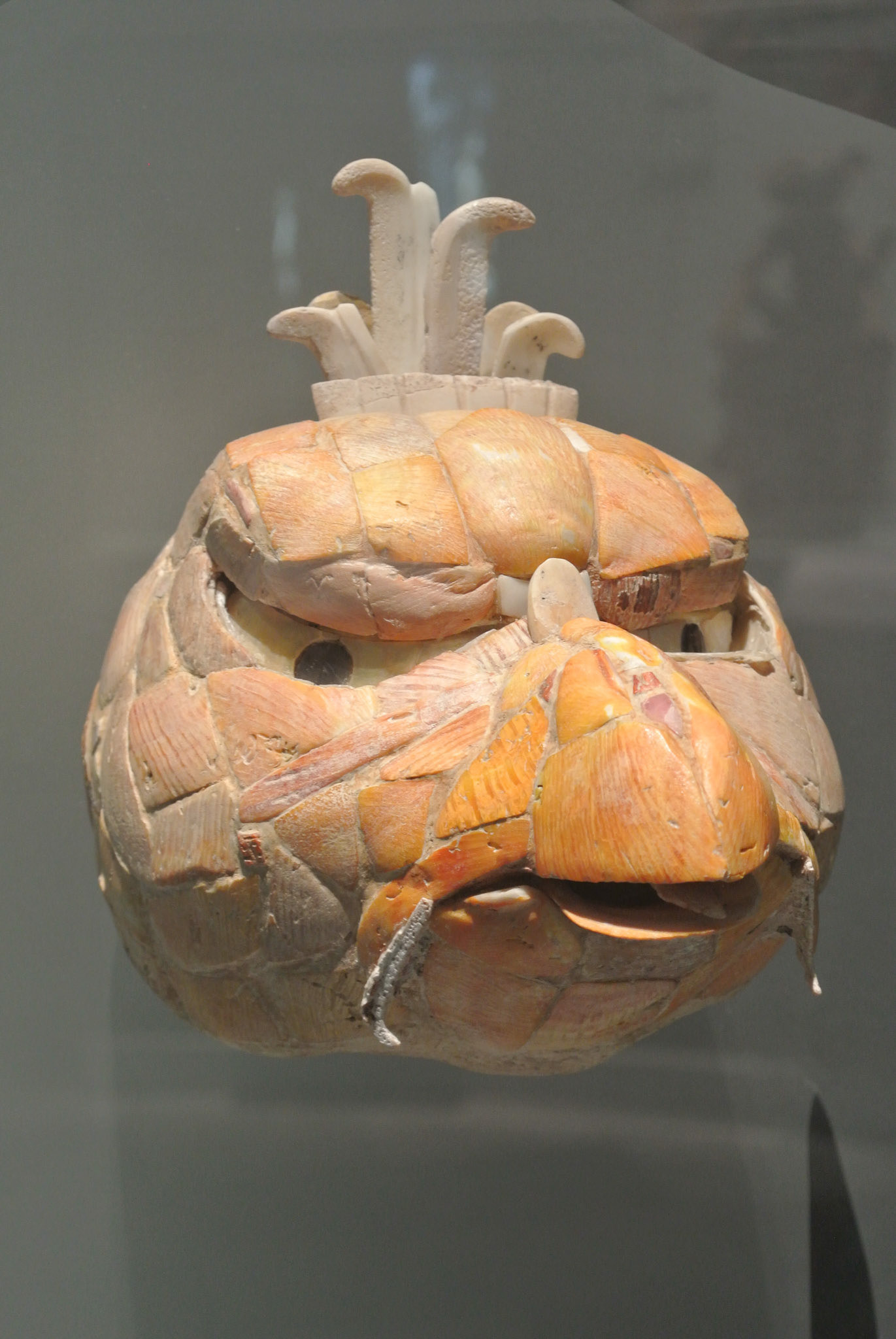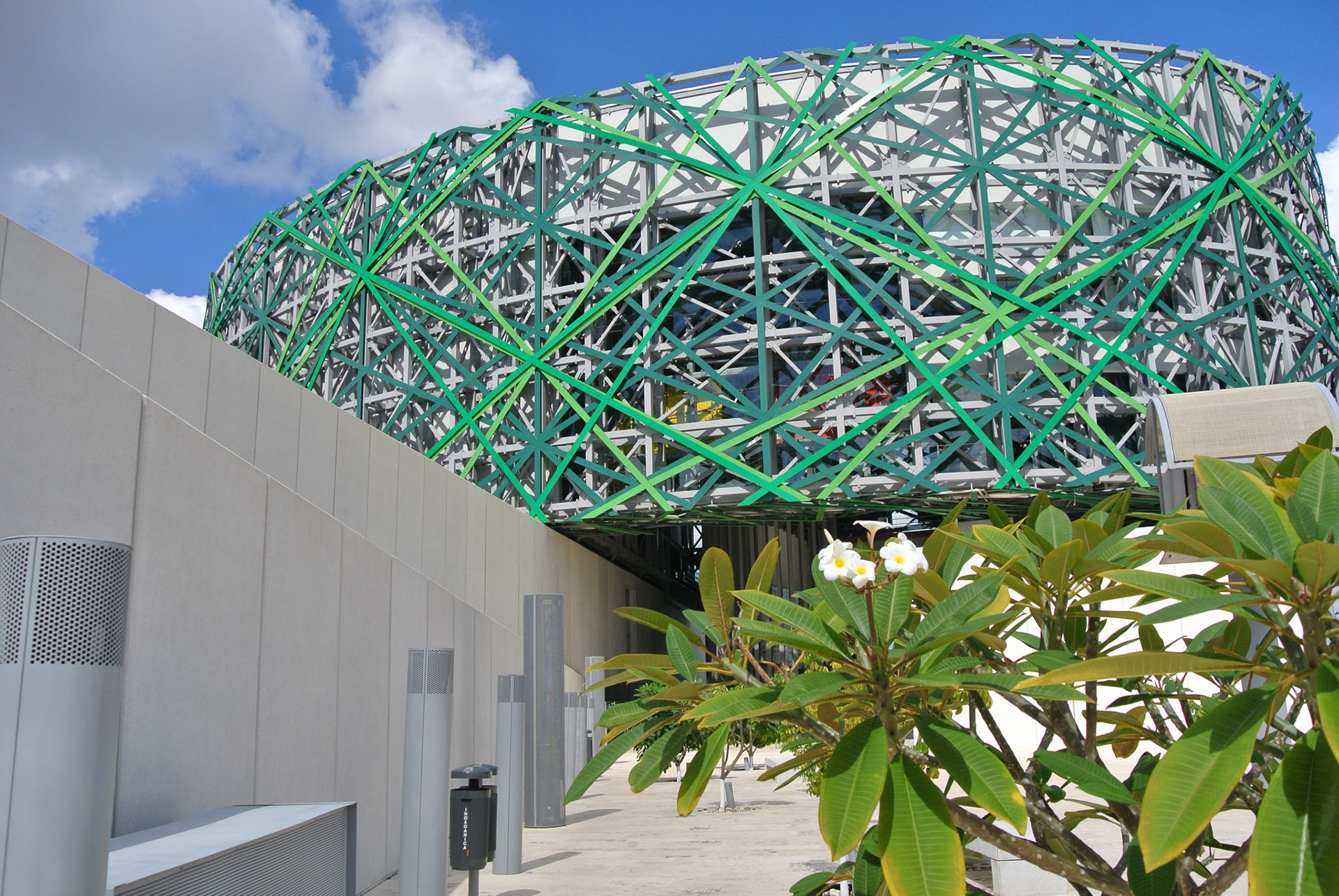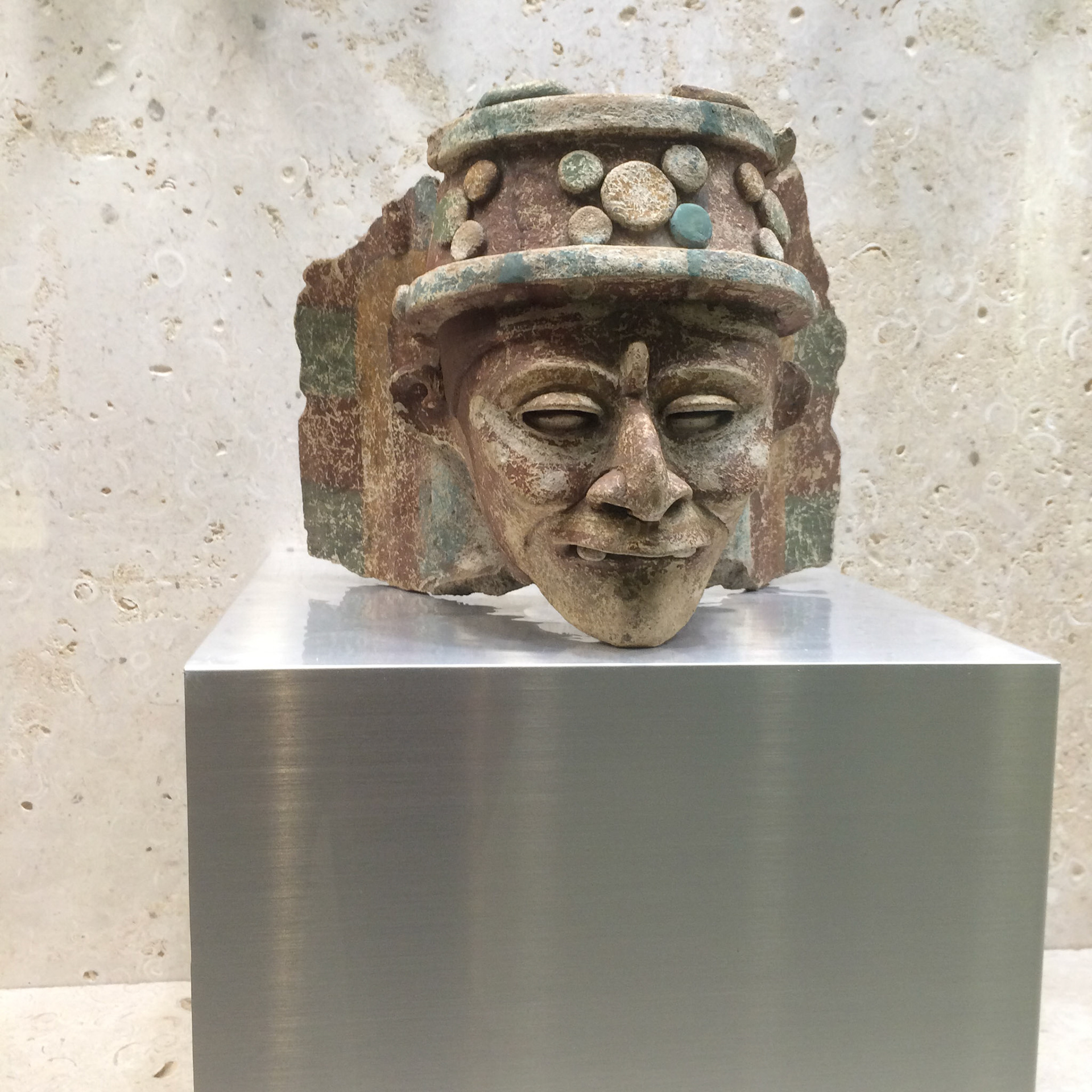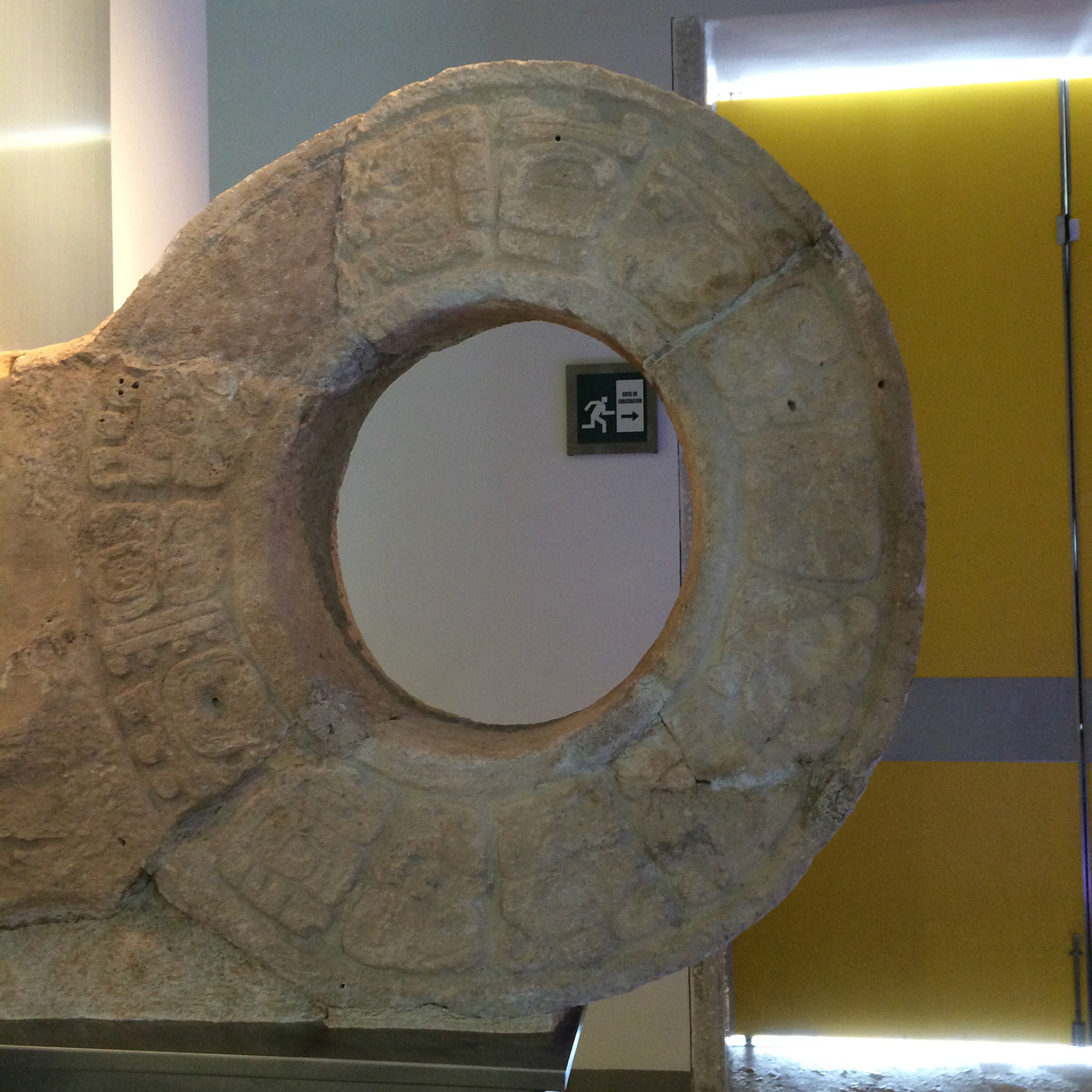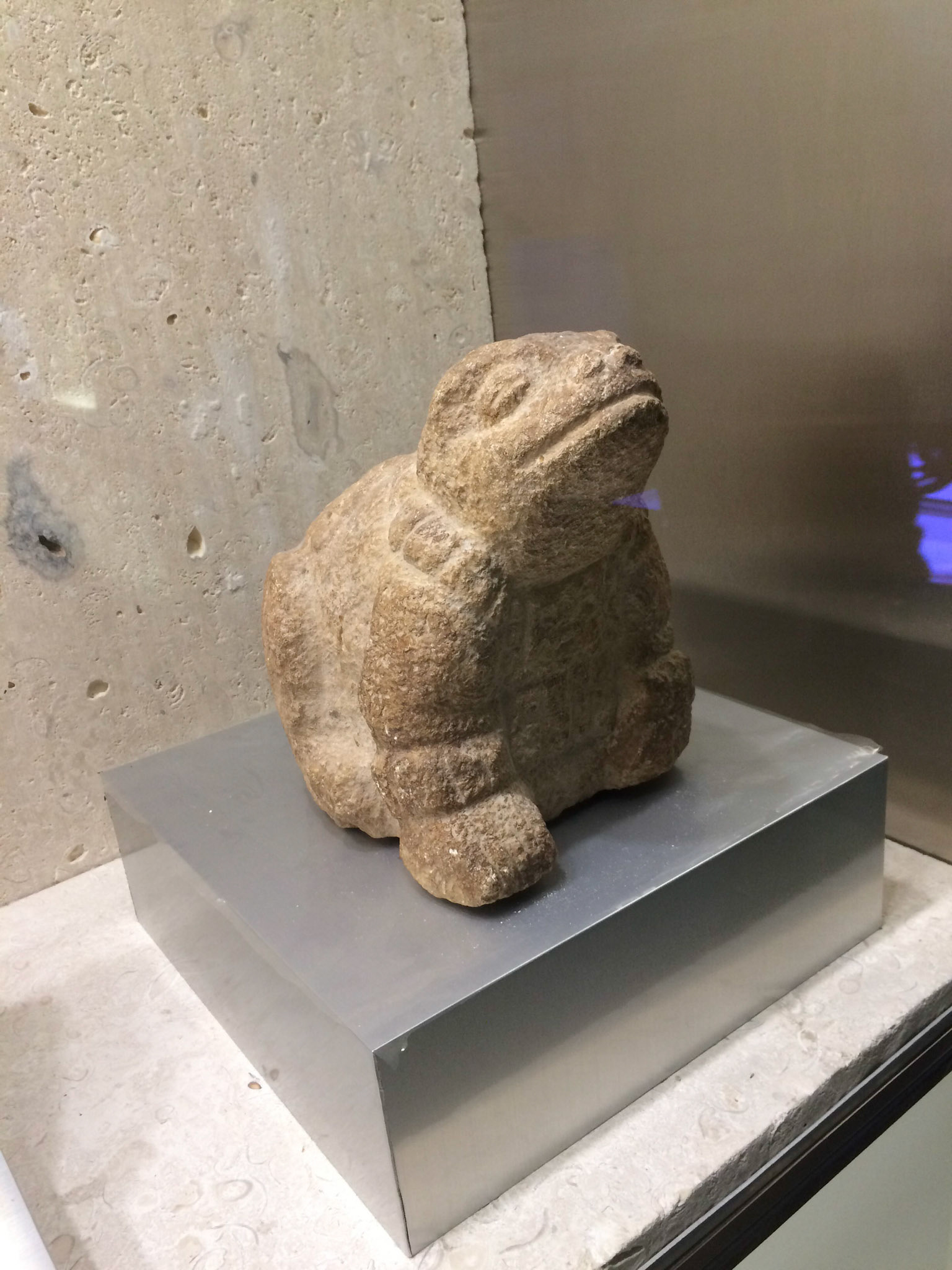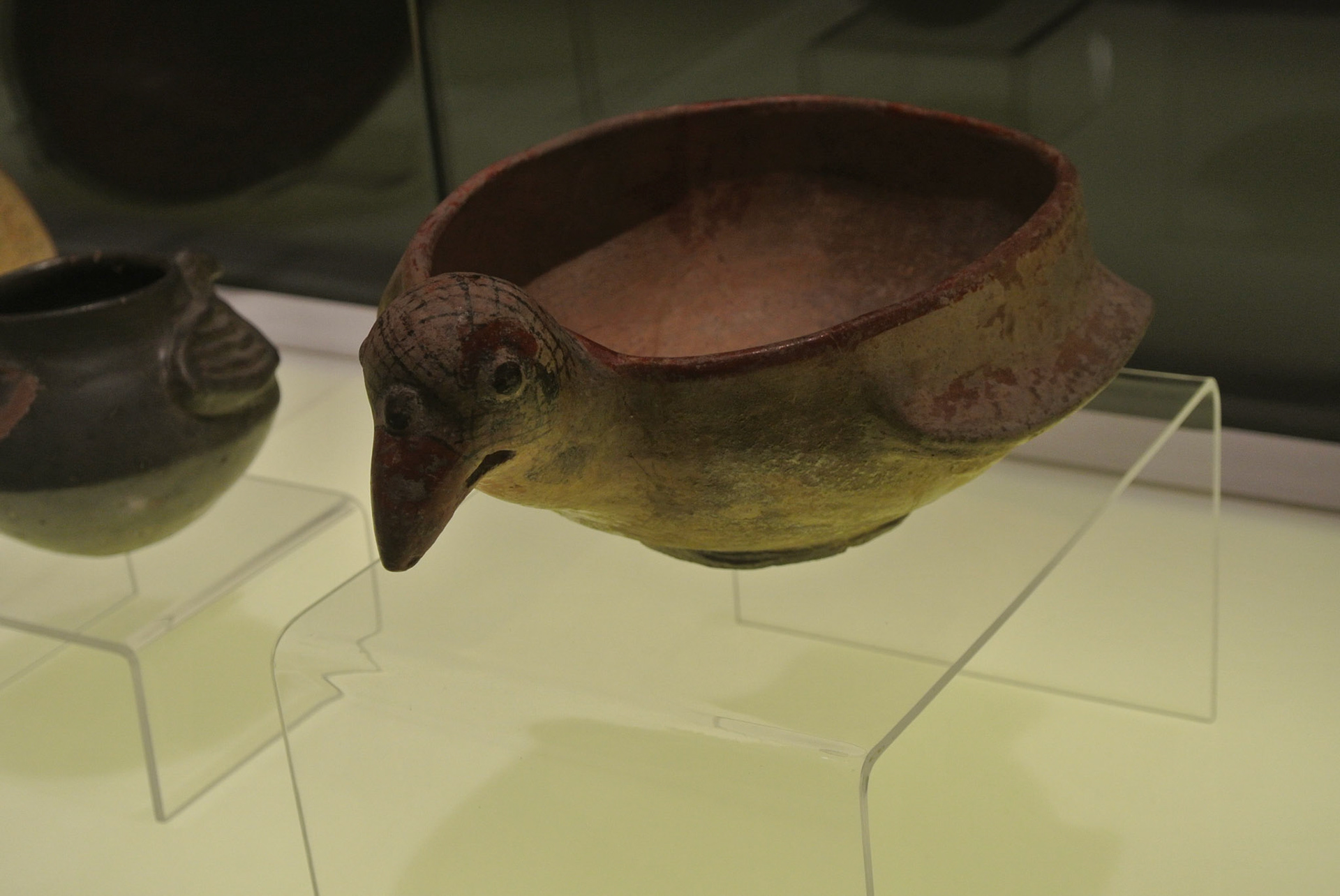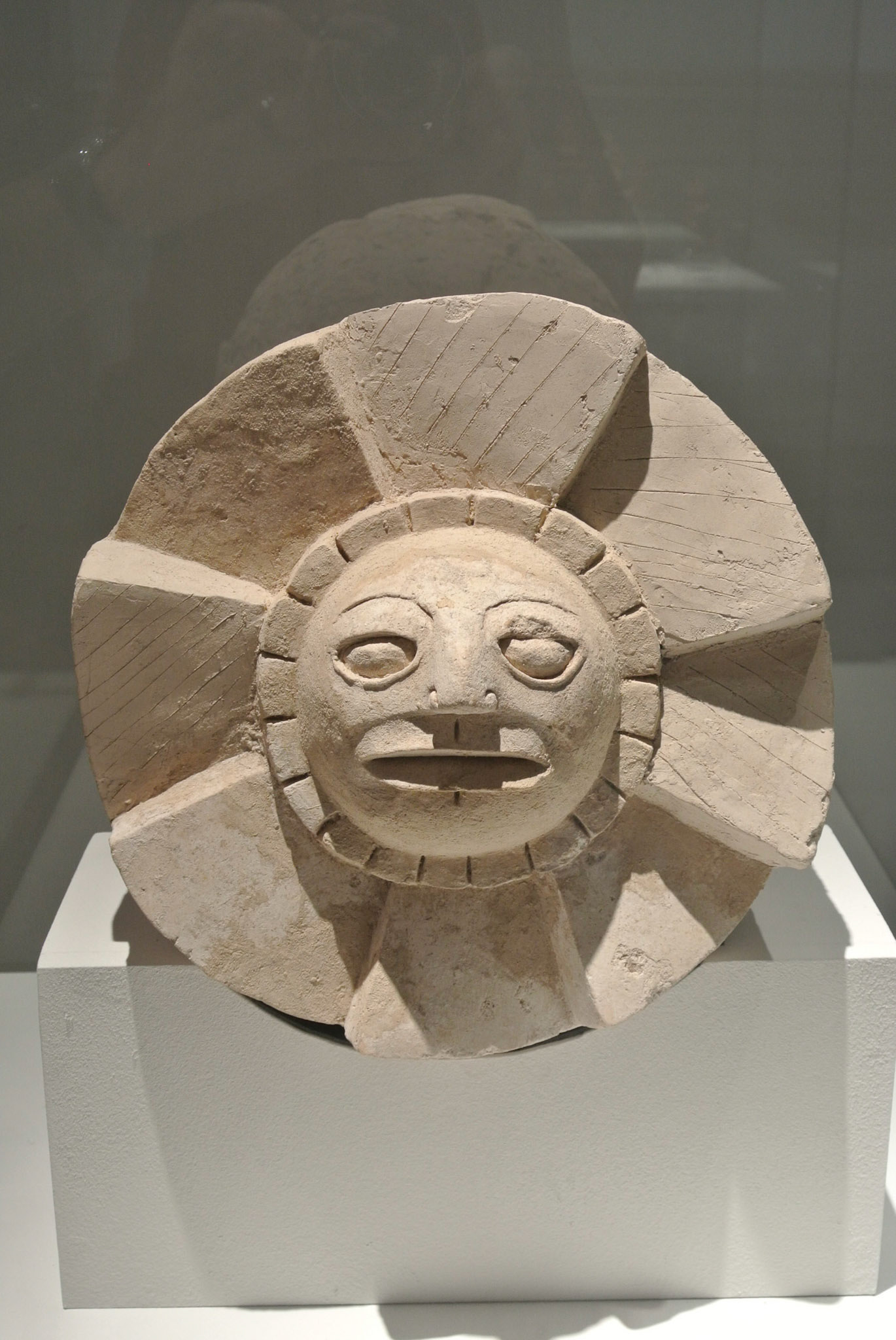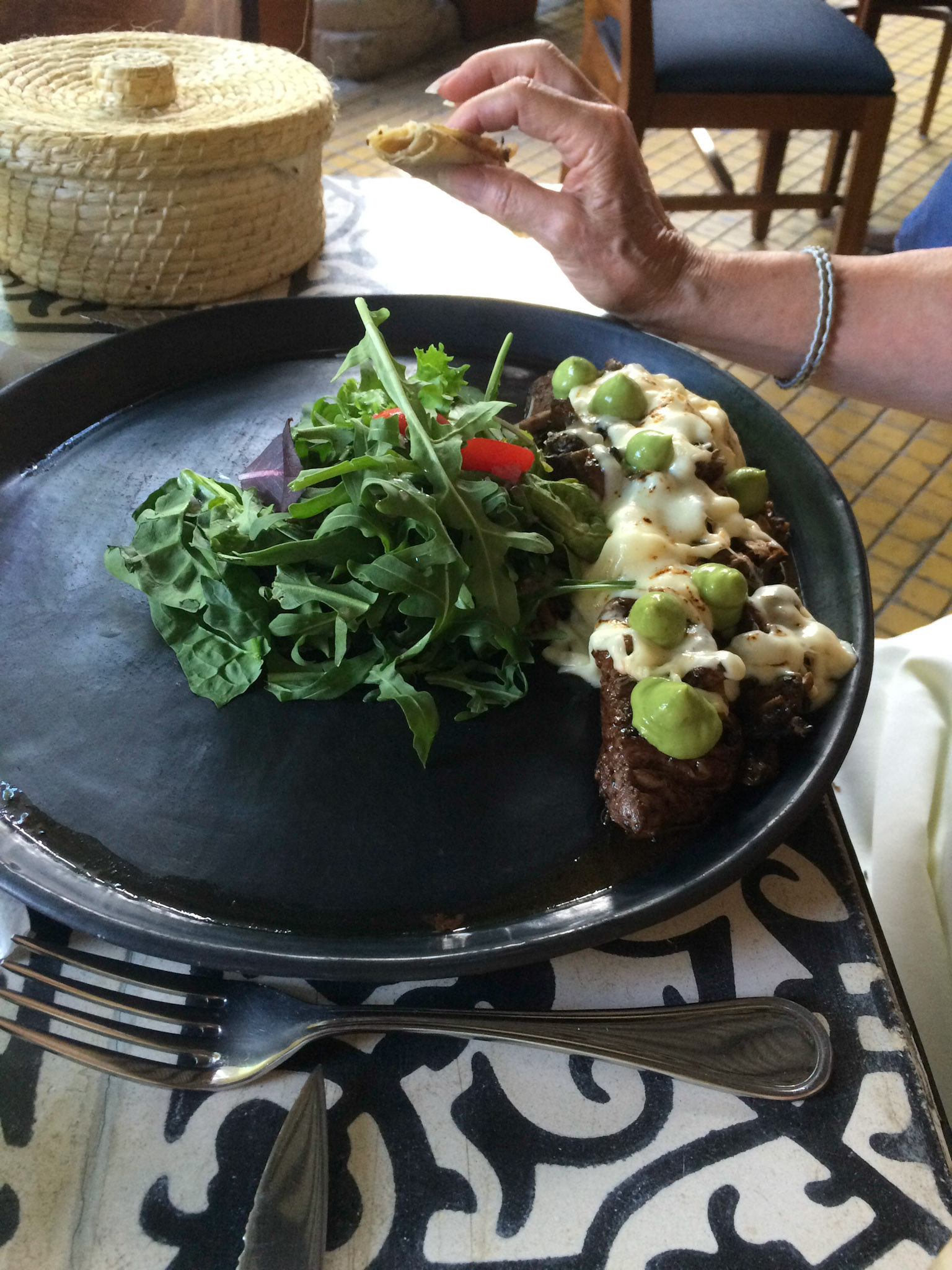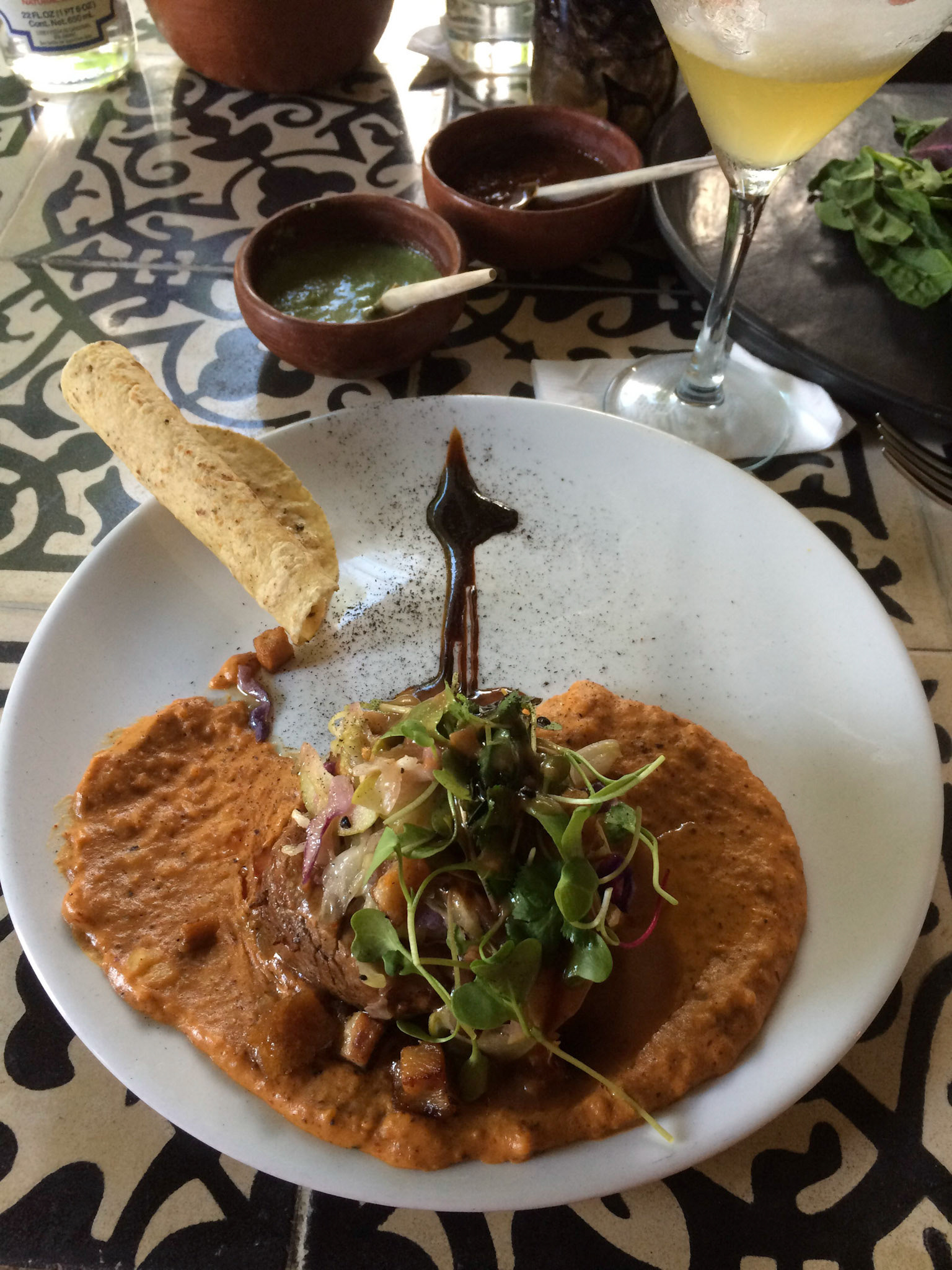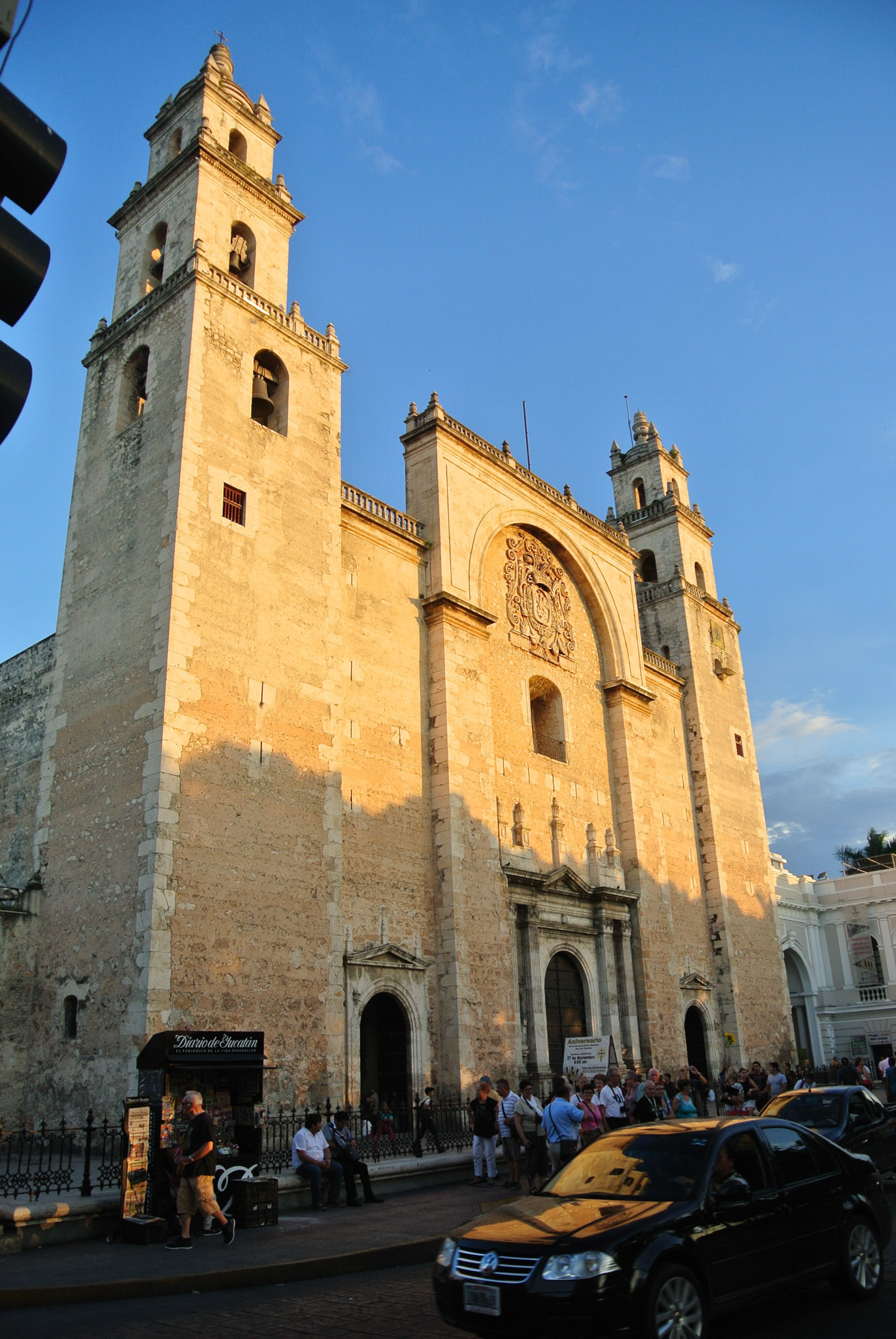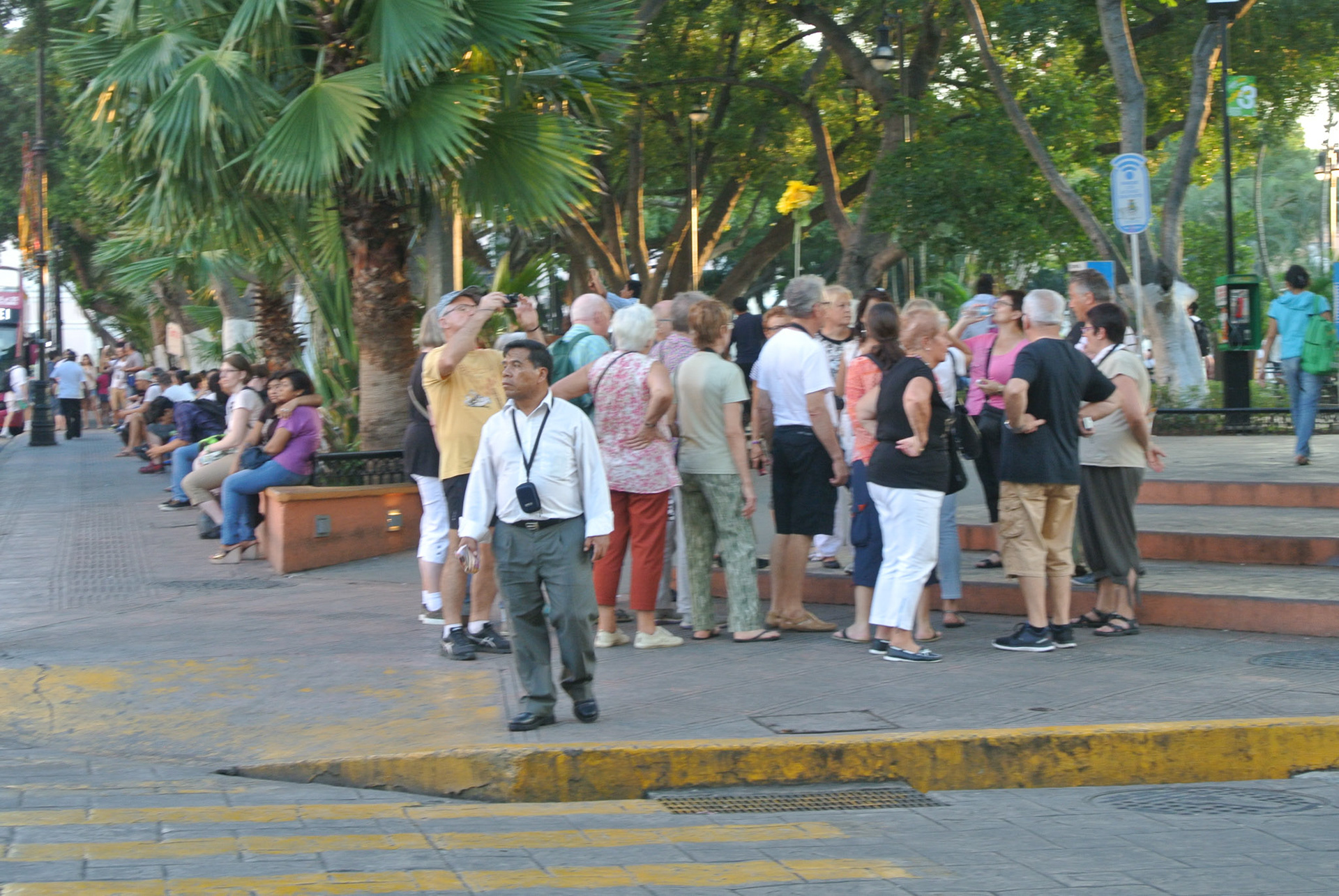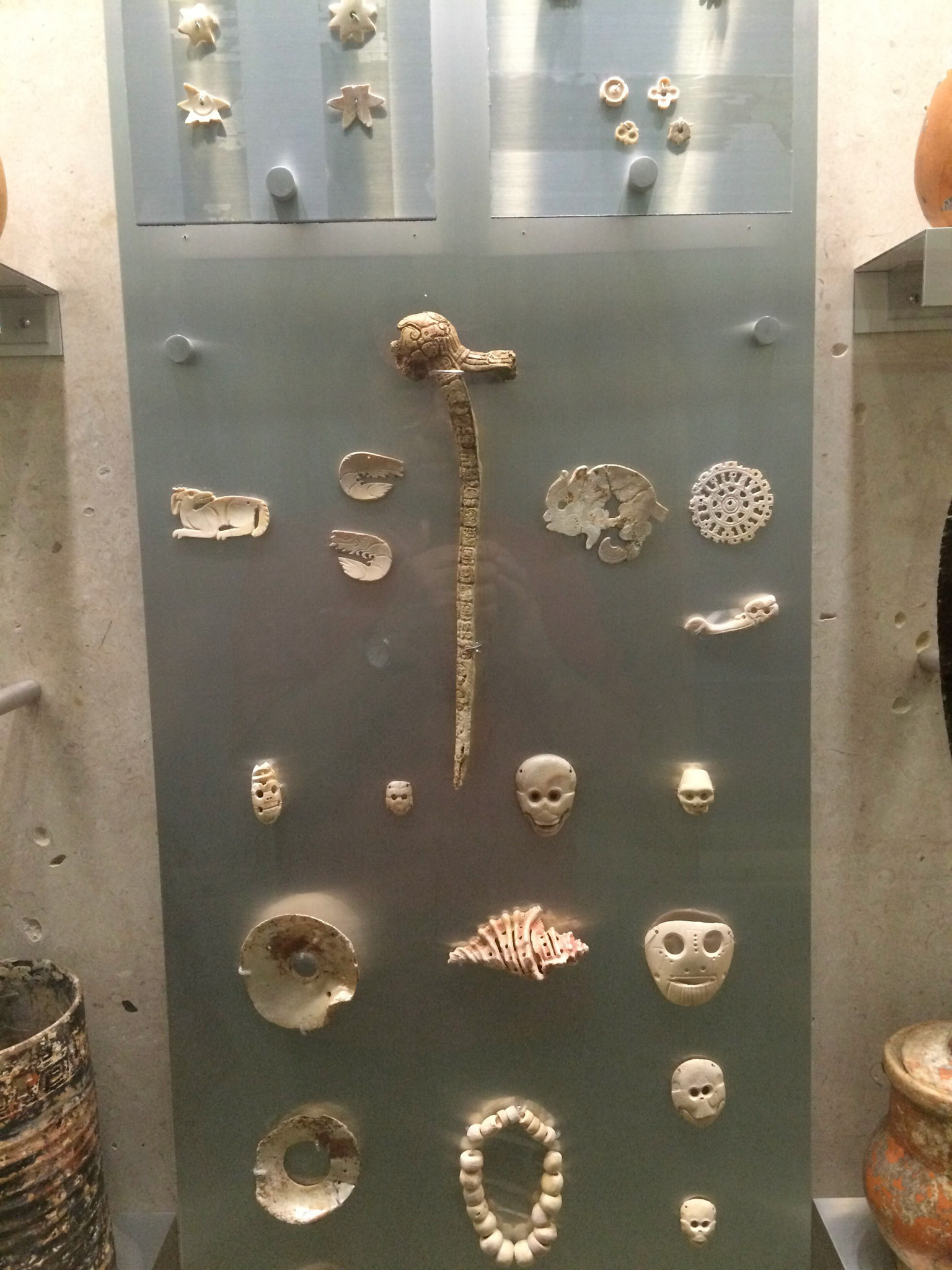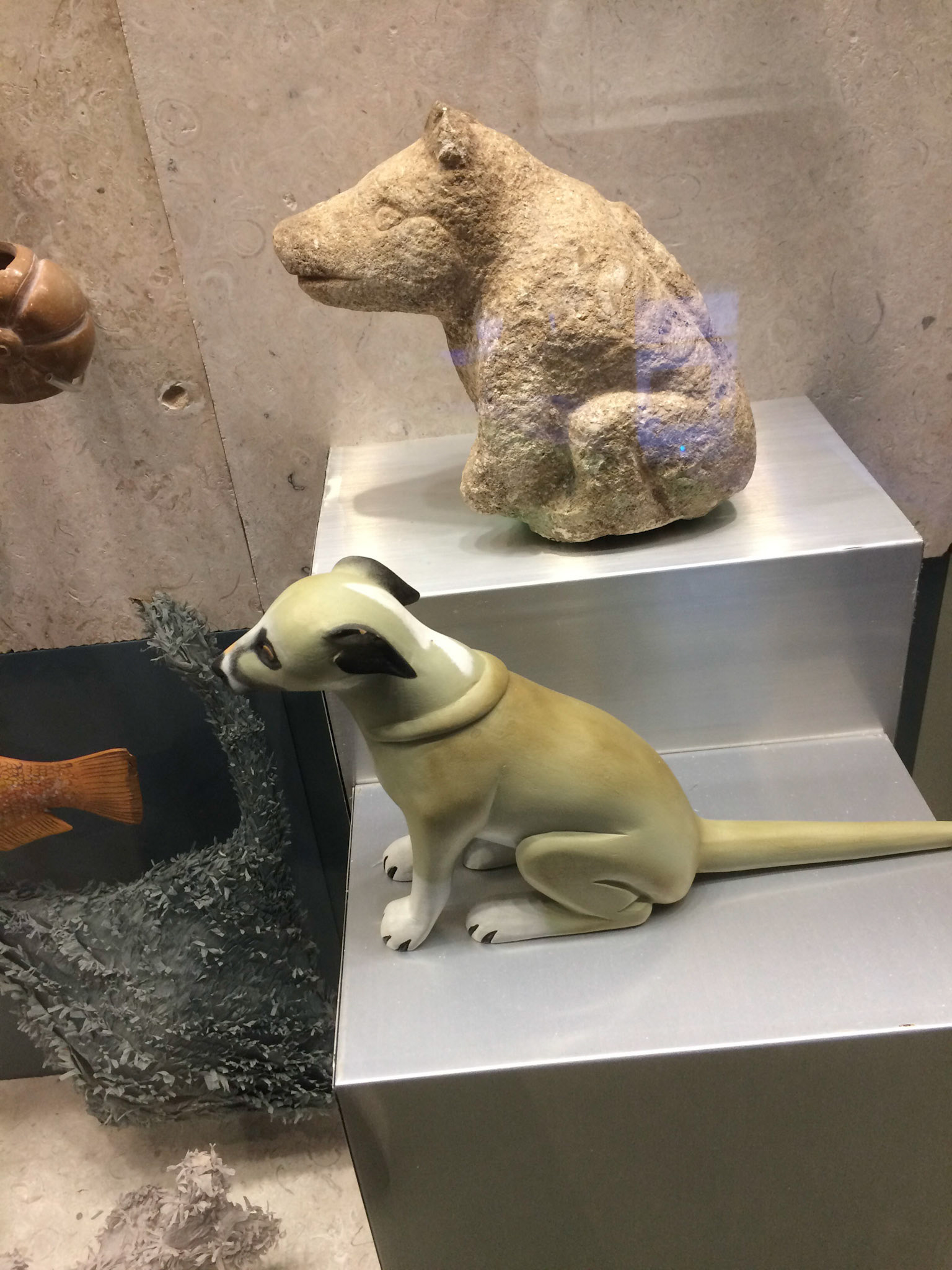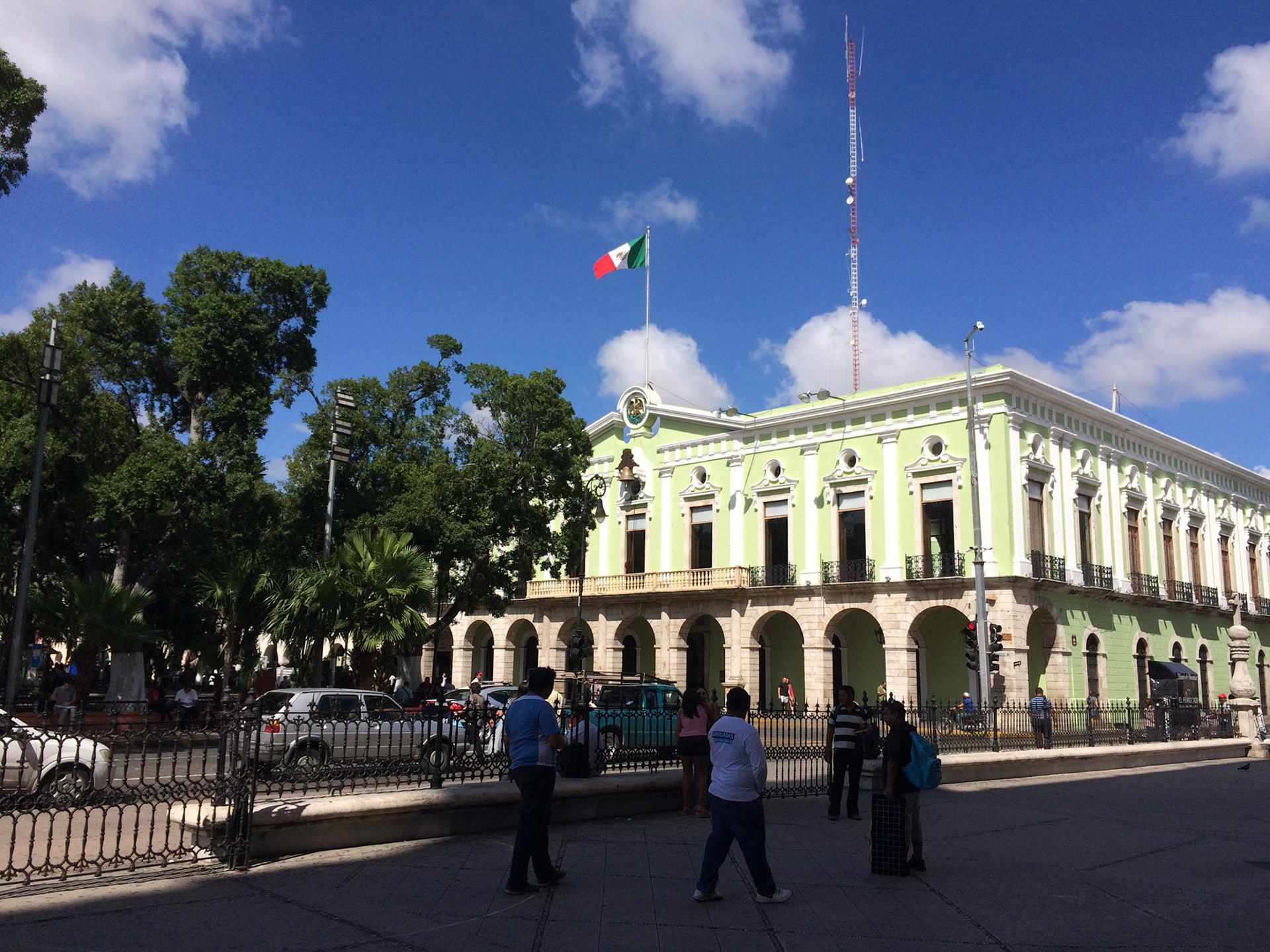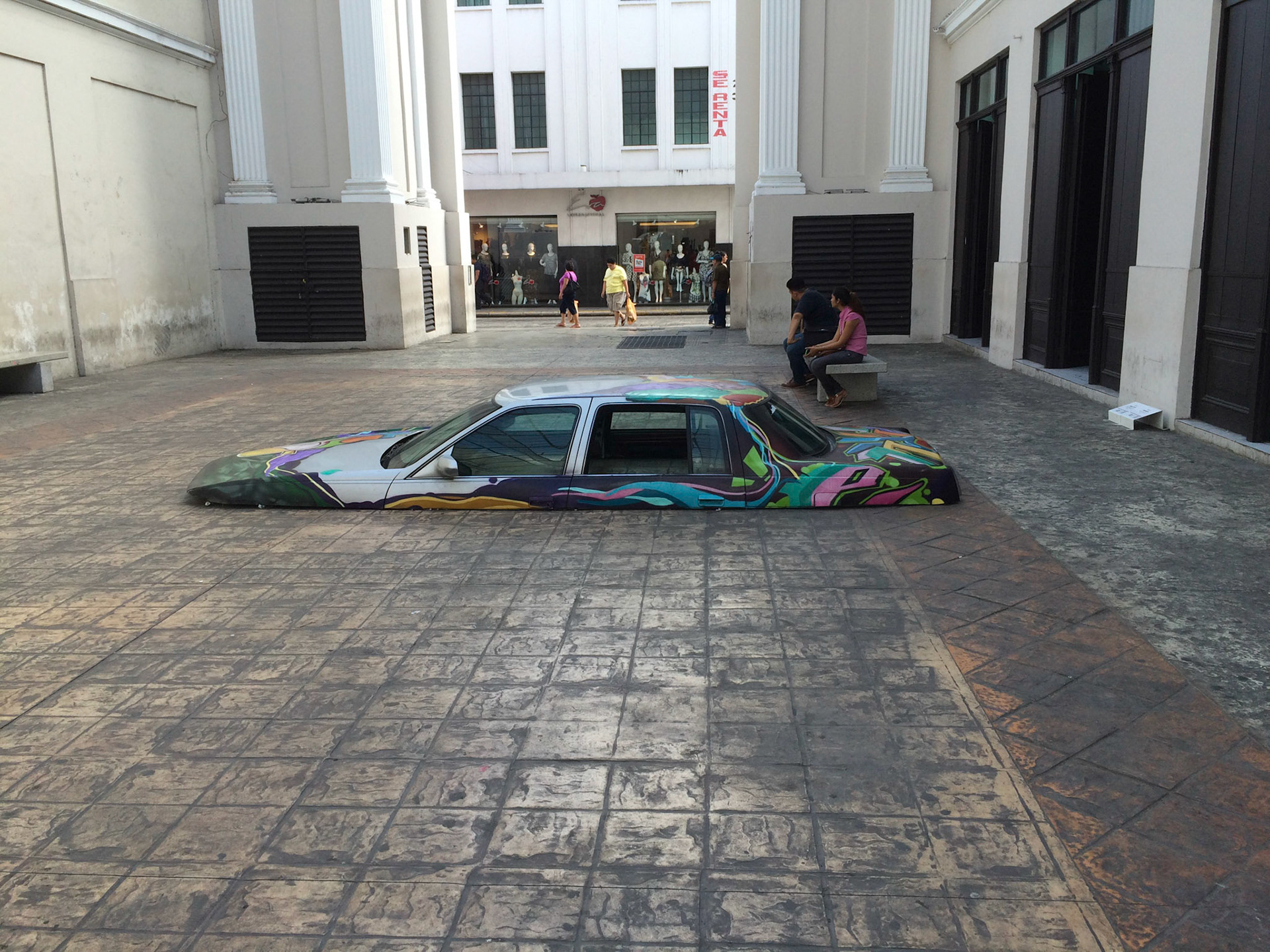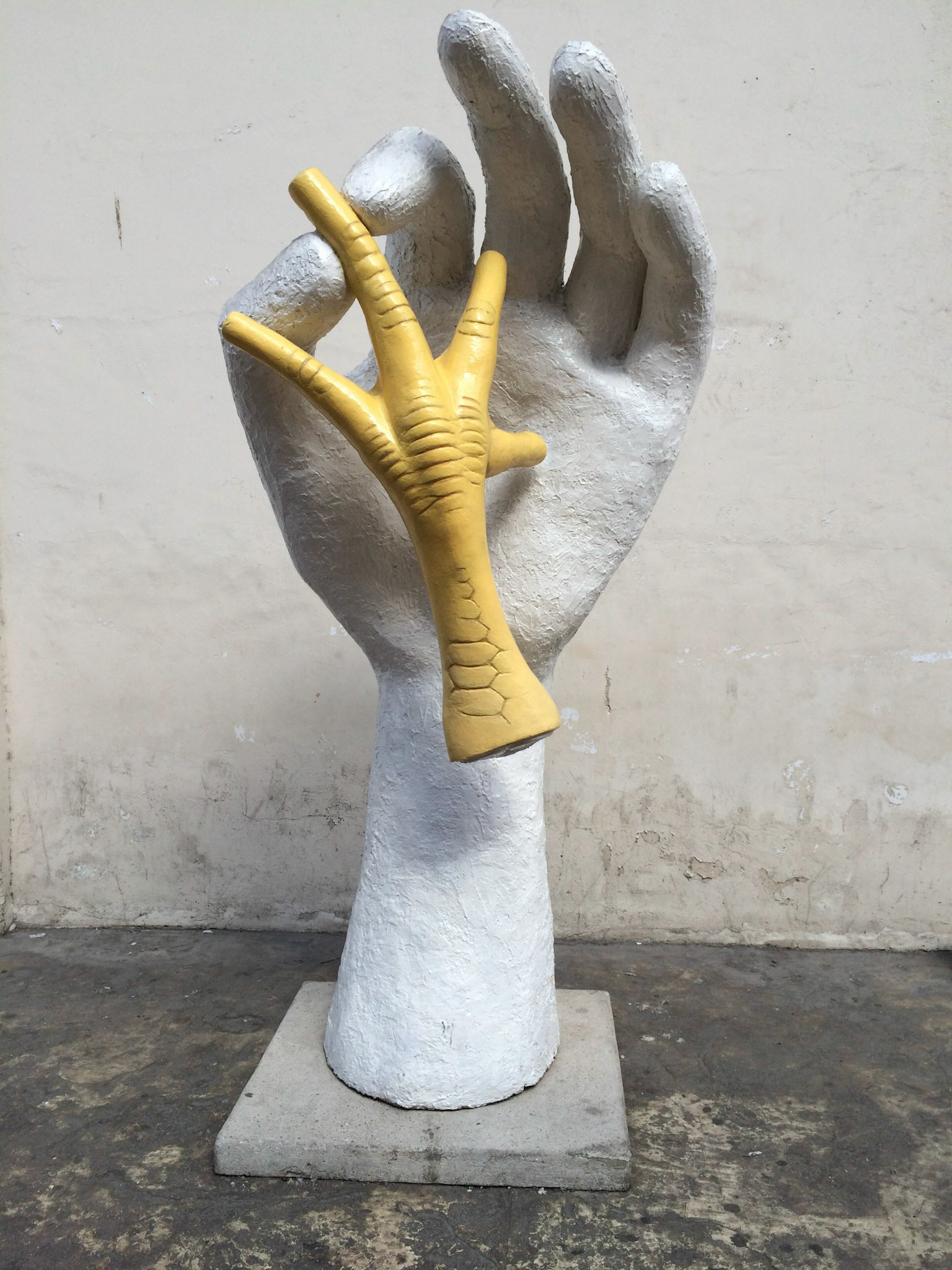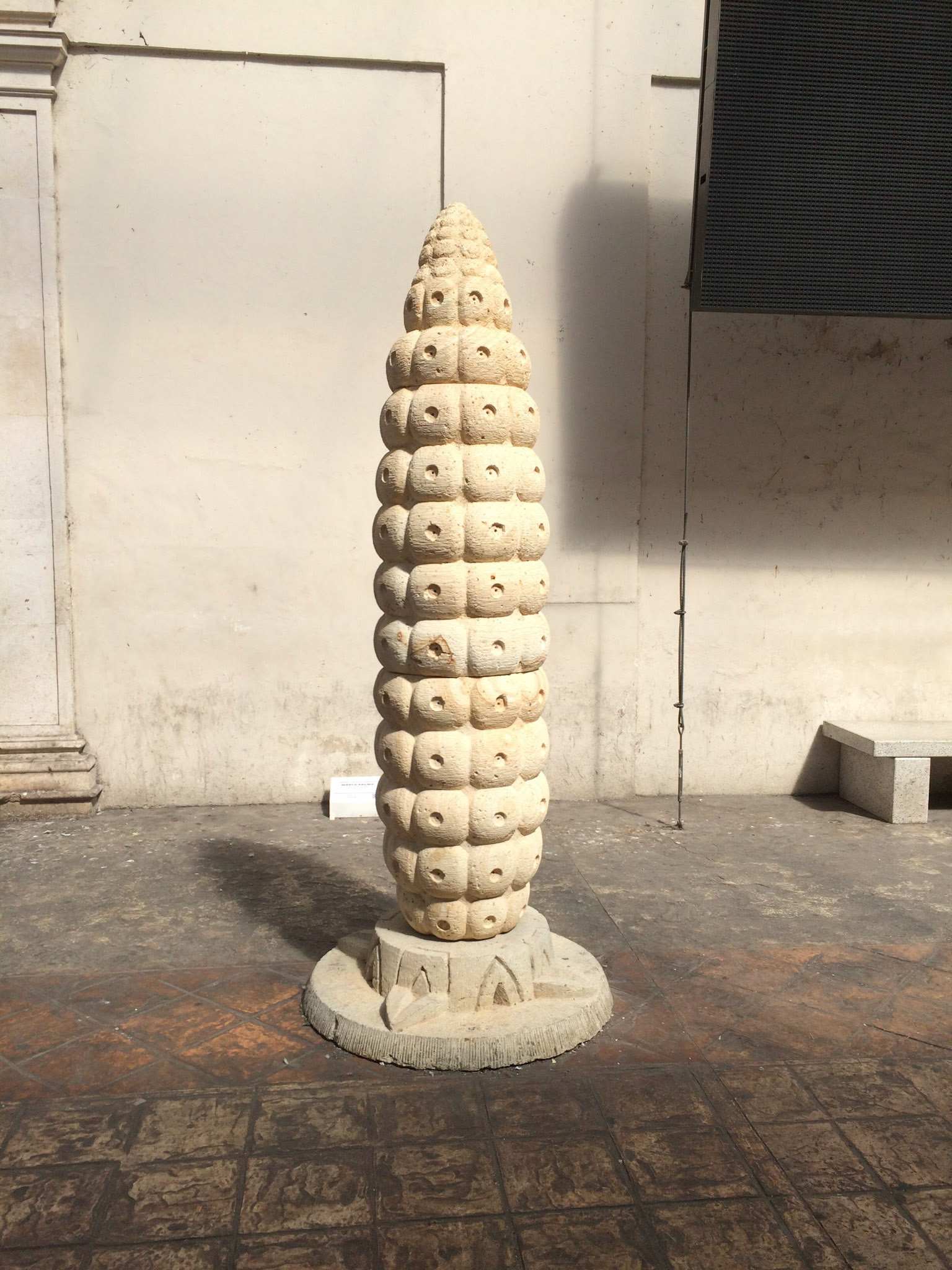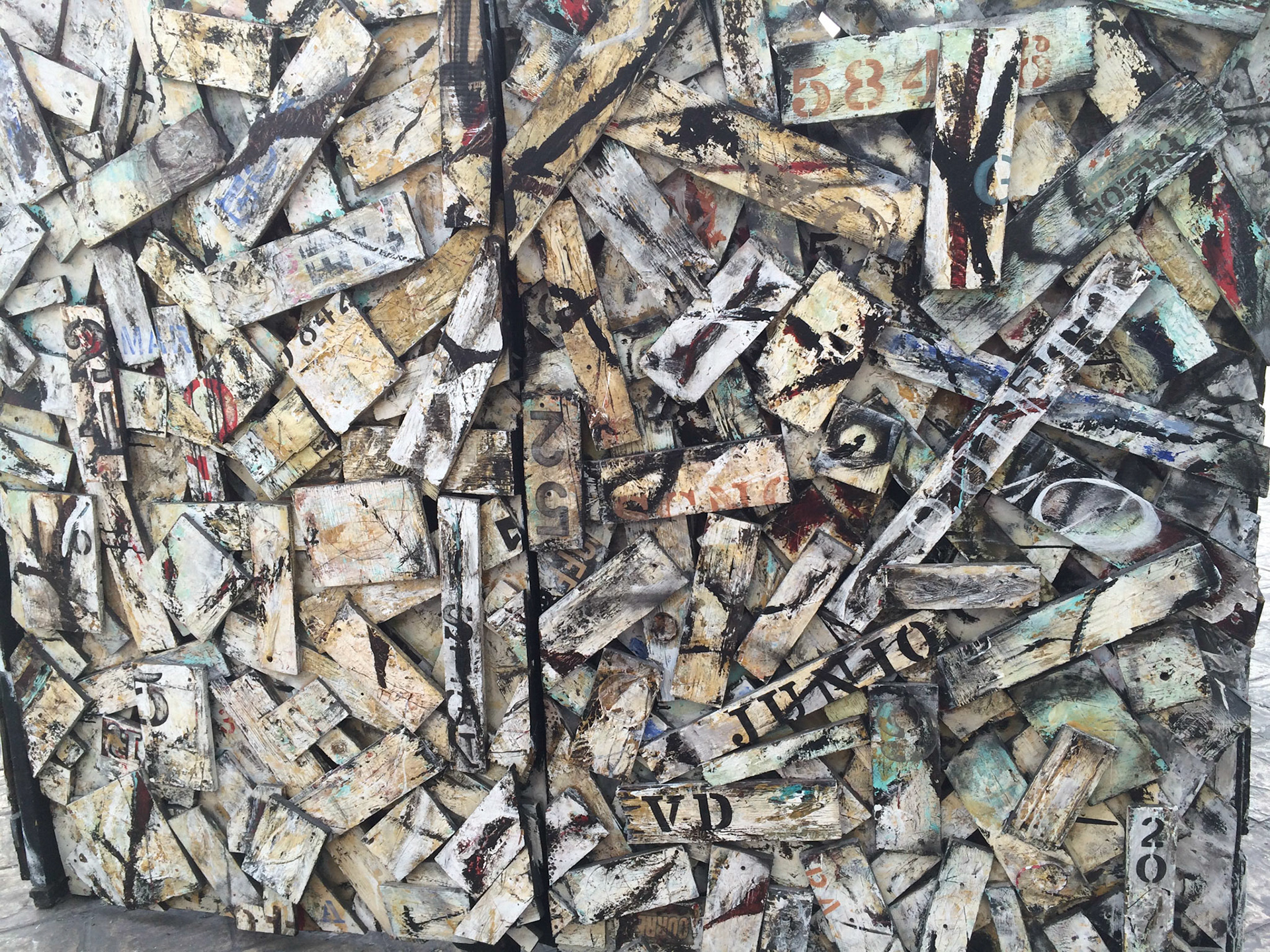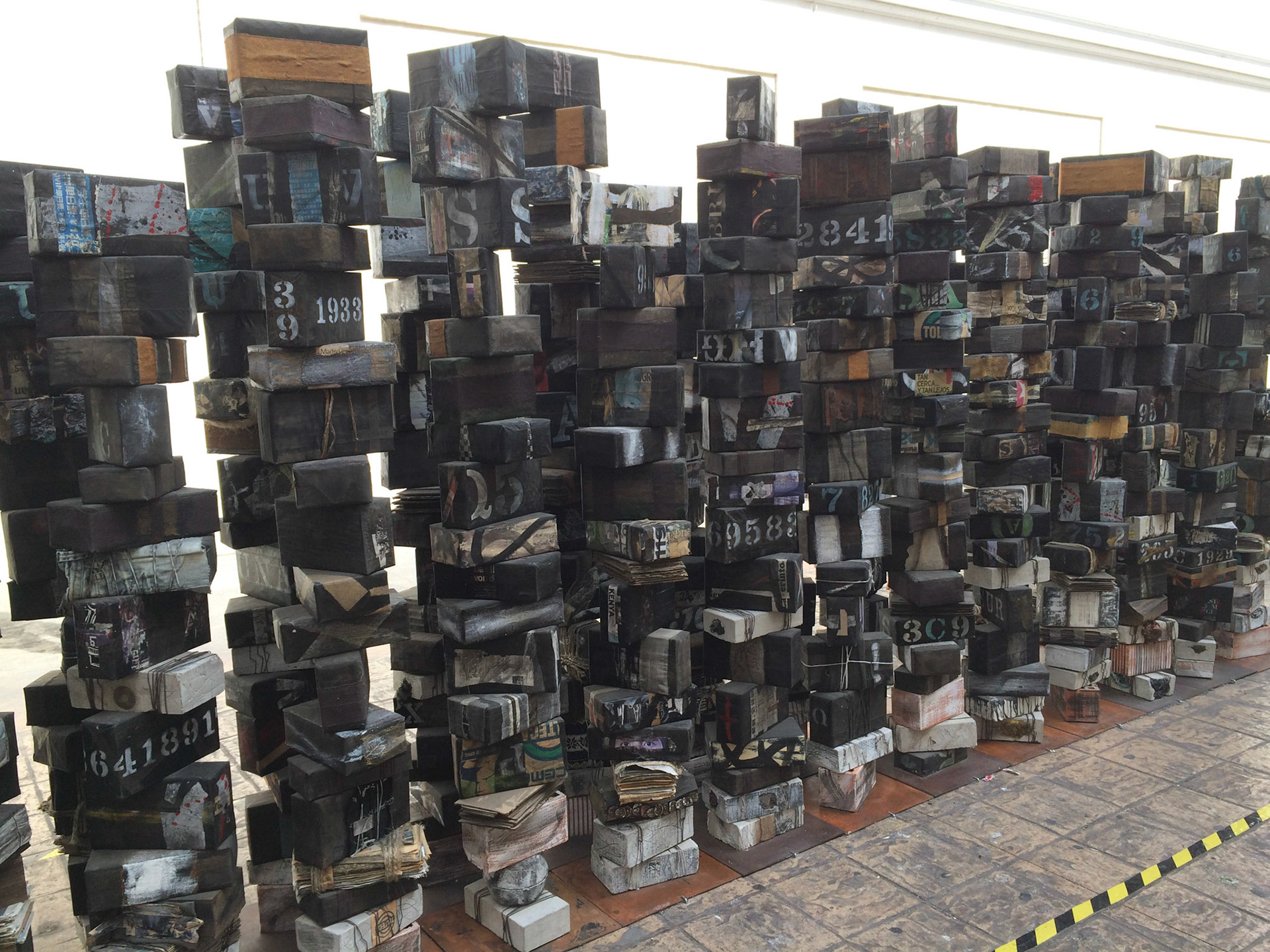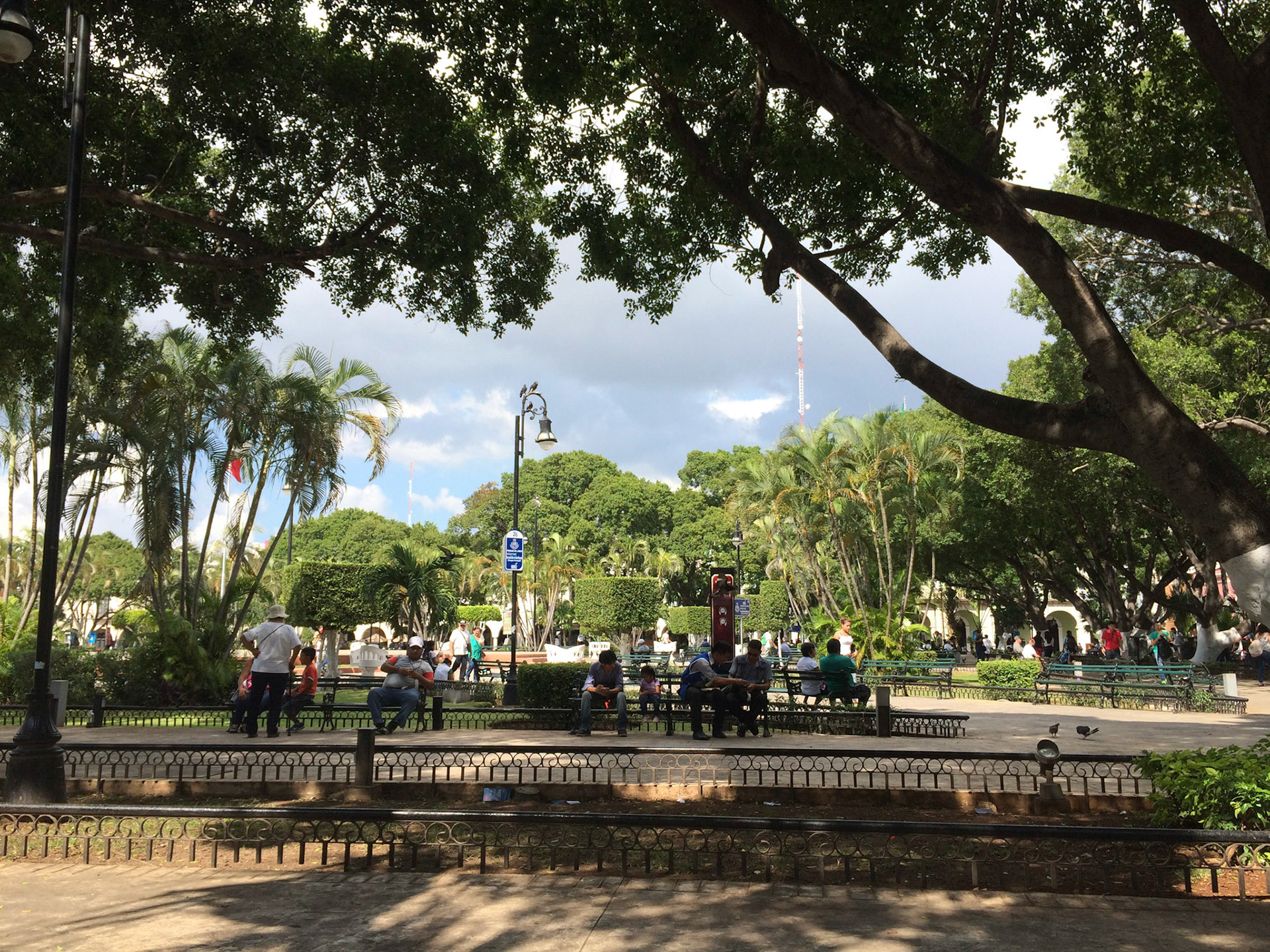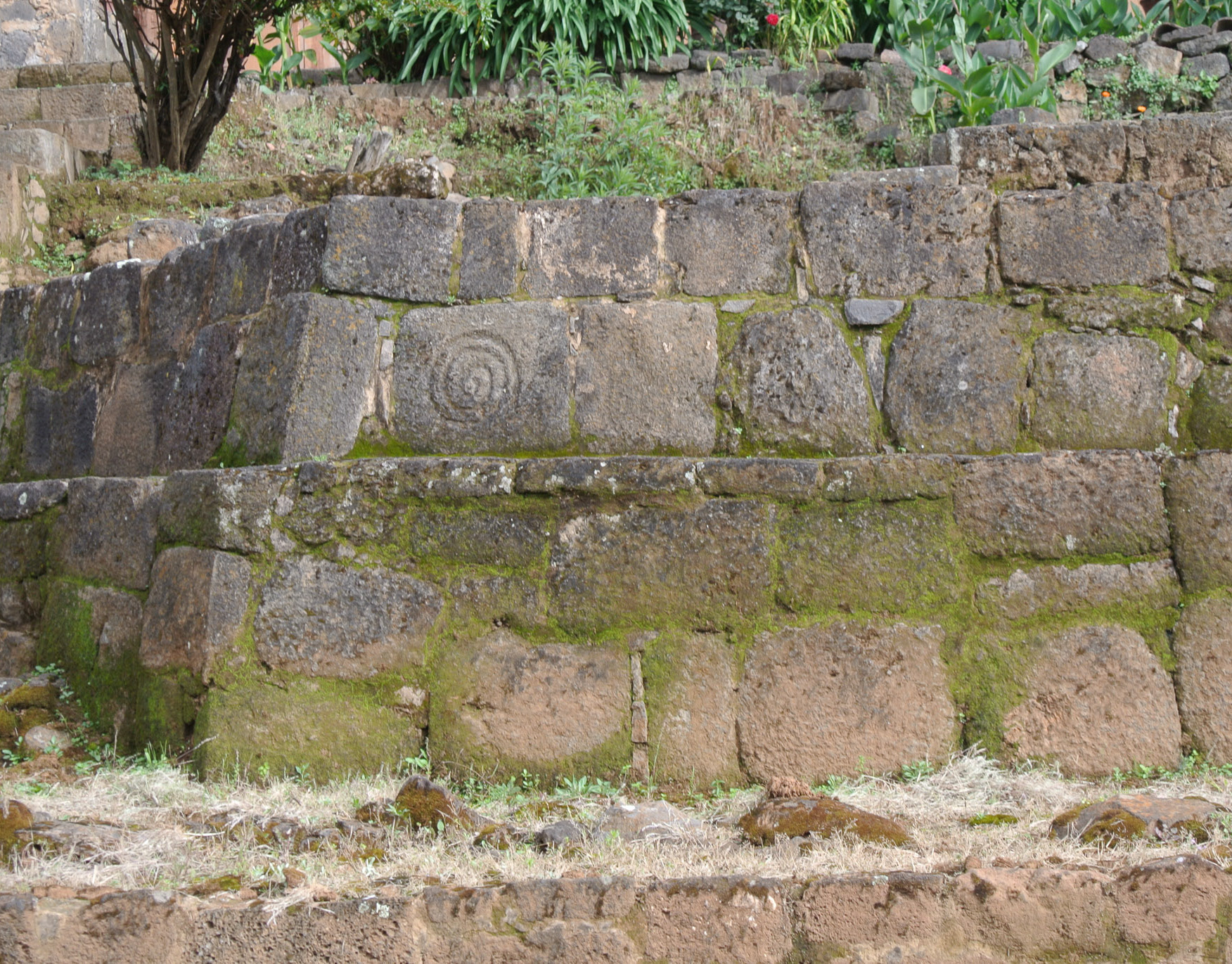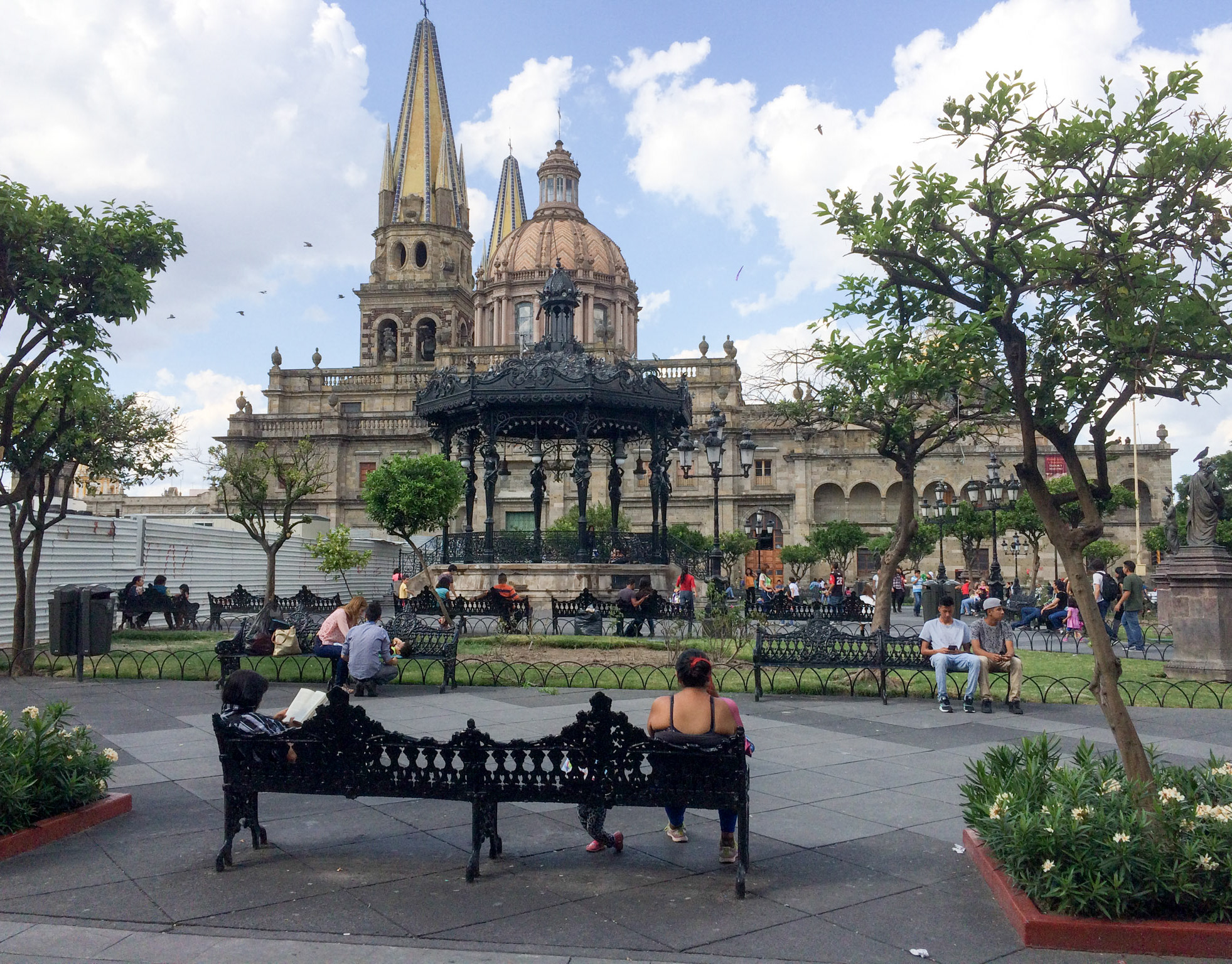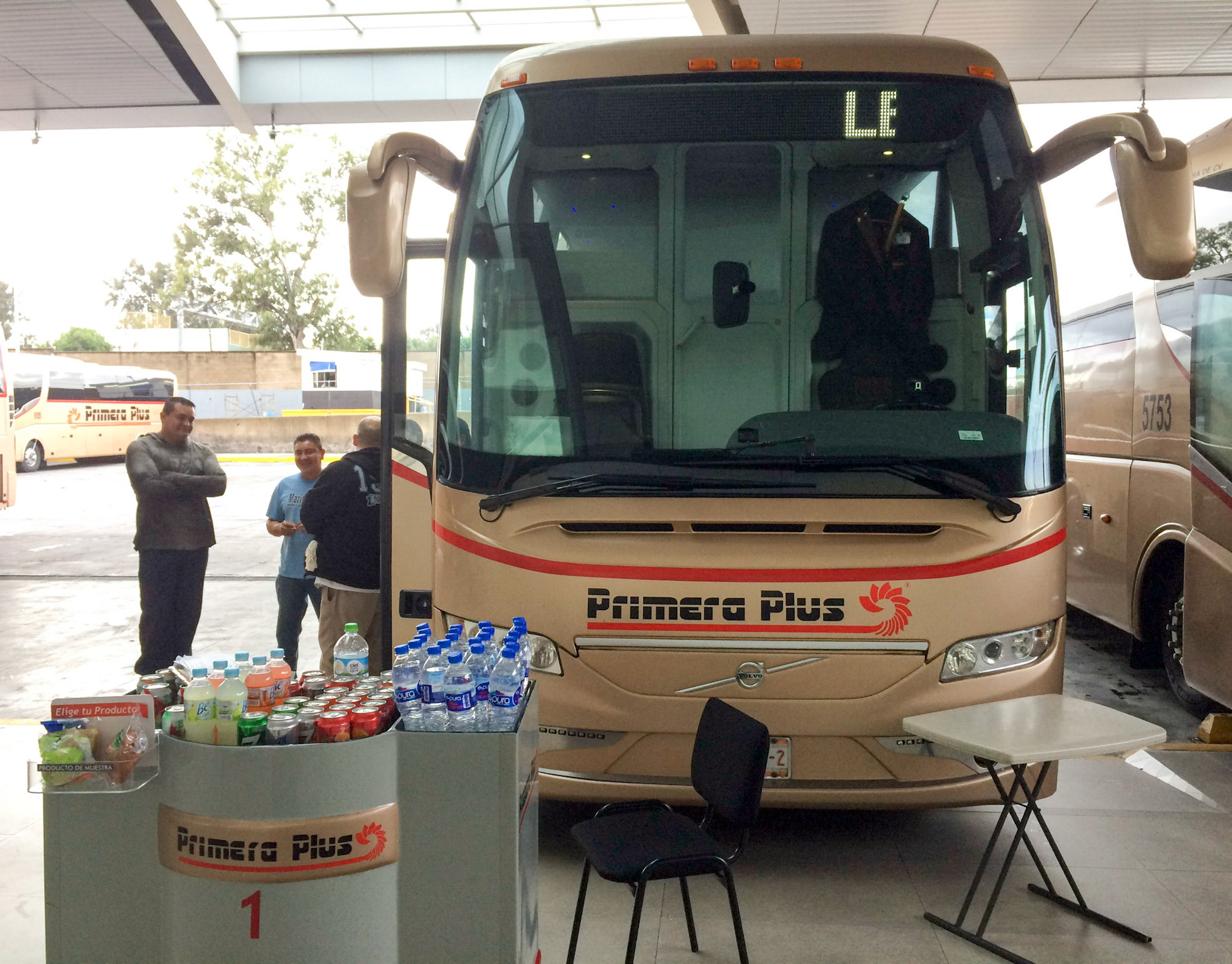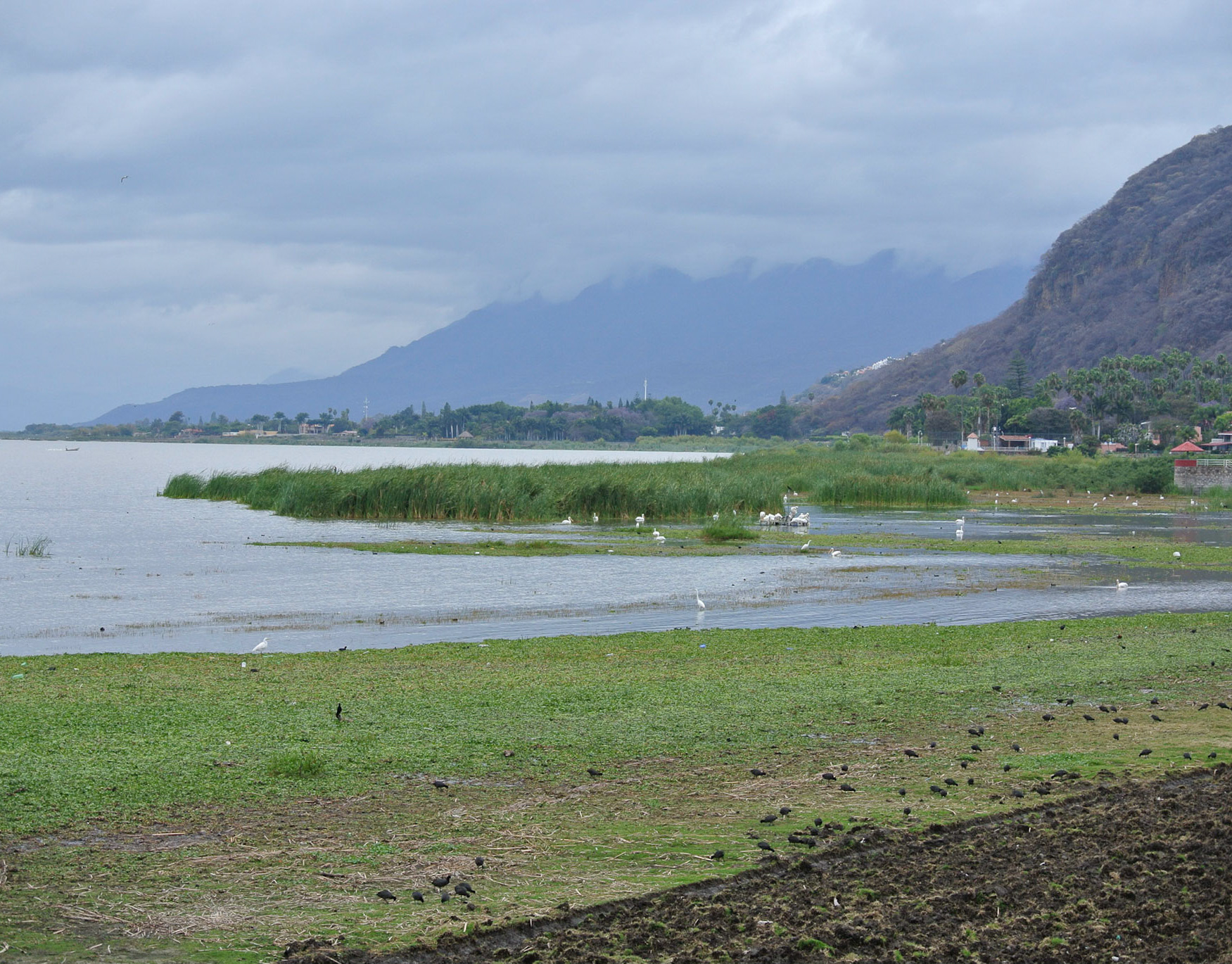Merida was the last stop on our month-long ride through a small part of Mexico. We'd begun in Guadalajara, then moved to Patzcuaro. Next was Guanajuato followed by San Miguel de Allende before we flew to Chetumal and a few days with Linny's extended family who live in Bacalar on the lake. A bus ride from there to the top of the Yucatan Peninsula got us to Merida. And Merida was the trip's crapshoot. We really didn't know what to expect, but we enjoyed it a lot.
Our adventures began as we stood on the edge of the Zocalo across from cathedral getting our bearings. A man walked up and offered that if we were waiting for the tourist bus, it comes on the far corner. That's how it began. Here's how it developed.
The Tigard Connection
This is our last real day in Mexico, since tomorrow is all travel, beginning with a 5 am bus ride. It's been an amazing trip. Aside from getting better at understanding Spanish, if not speaking it much more fluently, it's been a marvelous historical and cultural immersion. There have been excellent museums, but they've been enriched by hanging out in a wide range of cities and villages, asking questions (often lost-tourist directions), wandering through neighborhoods, seeking out less known sites, hiking up lonely trails, eating in everything from guidebook-recommended restaurants to funky dives, and riding buses almost everywhere we can't walk.
Now, we're in Mérida. We're getting a huge dose of Mayan pride. We're also learning some sophisticated street hustles around the central plaza. Two days ago, we didn't recognize the game immediately, but it didn't take long because the first approach was too fast. It goes like this:
We are looking around like newcomers, and we look like elderly American tourists who could use some help. A man offers it. He asks if we're from the US or Canada, and because we're accidentally near the city tour bus stop, he tells us the schedule. He asks what state were from. Oregon, we volunteer. Wow, he says, I have a friend in Tigard. Wow, we say, what a coincidence. He says, My friend is a wealthy lawyer who lives in a big house there. Now, we're catching on to him. We ask him more. Is he from Yucatan? Has he ever visited his friend? No, he says, I am Mayan from an hour outside the city. I haven't traveled. What Mayan things should we see, we ask. He says, Mayan is my first language. My village makes Panama hats and sisal hammocks. Let me show you a store that sells them. It's only a block away. We tell him we're not buying things because we have no money left and no room to carry things. At this point, he turns up the pressure to buy at a particular store that is the "only one with authentic Mayan" goods. We thank him for his advice and walk off toward the barrio where we are staying.
Yesterday morning, we sat in the coolness of the cathedral and listened to the organist practice. Beautiful. Right after we left, a neatly dressed man came out behind us and asked if he could practice his English with us. I'm a school teacher in a Mayan village about an hour from here, he told us. Mayan is my native language, and I teach it in a school there. This is all plausible; over 30% of Yucatan speaks Mayan and it's now being aggressively taught in the schools.
He continued with casual conversation, telling us lots of interesting local history, also about his two daughters after we mention ours. He seemed jake, so we invited him to get out of the sun with us for coffee. Where are you from? he asked. Oregon, we replied. Amazing, he said, I have two friends in Tigard. Amazing, indeed, we answered, as our drinks arrived. For an hour he regaled us with lots of fascinating local and Mayan lore, most of which we roughly know. It was a great lecture. Finally, he segued into Mayan crafts, warning us to be on the alert for hustles. He explained how to assess everything from shirts to masks, pottery to jewelry, with special attention to the latter. He explained the special powers of various gem stones in Mayan culture and the different effects on men and women. He could see the special benefits certain ones would have for each of us. He happened to know an authentic shop just around the corner. He'd be happy to take us there. We told him thanks but no thanks. I left Linny with him while I found the baño. Later, she told me that as soon as I left, he turned on the pressure to get her to buy jewelry from the shop around the corner. We decided that he was otherwise legit. We liked him.
Hours later, we stopped at a sidewalk cafe in a small park "just around the corner" for shade and limonada. Linny was drawing and drinking. I was people watching and drinking. A guy at another table smiled when I look his way. I smiled back. Suddenly, we had his company. His English was great. He asked where we are from. We said Oregon. He said, I have a friend in Tigard. He told us that he is not only a native Mayan speaker from a village an hour away, but he's steeped in the history of local weaving and the history of Spanish abuse, especially related to Panama hats and the sisal industry. What he told us sounded solid. He picked up on our labor politics from our questions. Another fine lecture. I finally asked our waiter for la cuenta. Our new friend asked, What's your hurry? I can take you to an authentic shop around the corner where you can get authentic hats.
Today, at a fabulous Mayan museum, definitely authentic, we verified the excellent lectures we'd received. It was almost enough to make us wish we'd bought hats, shirts, jewelry, hammocks, and masks from the store just around the corner—or maybe it's in Tigard.
